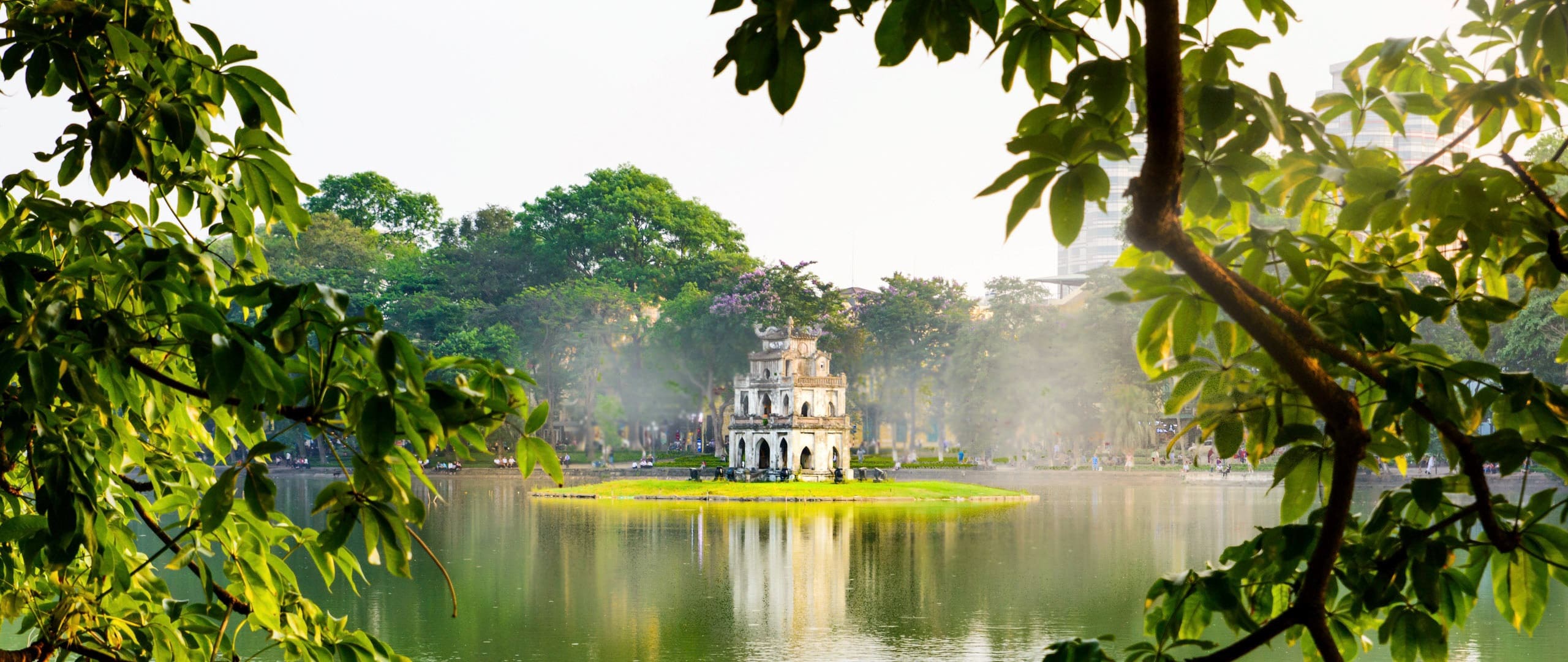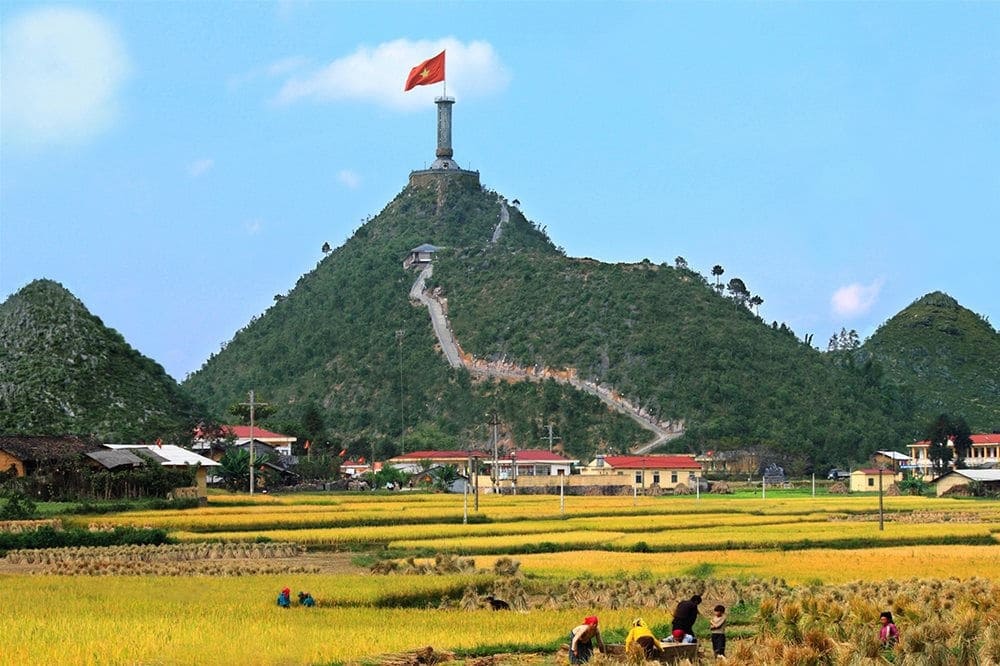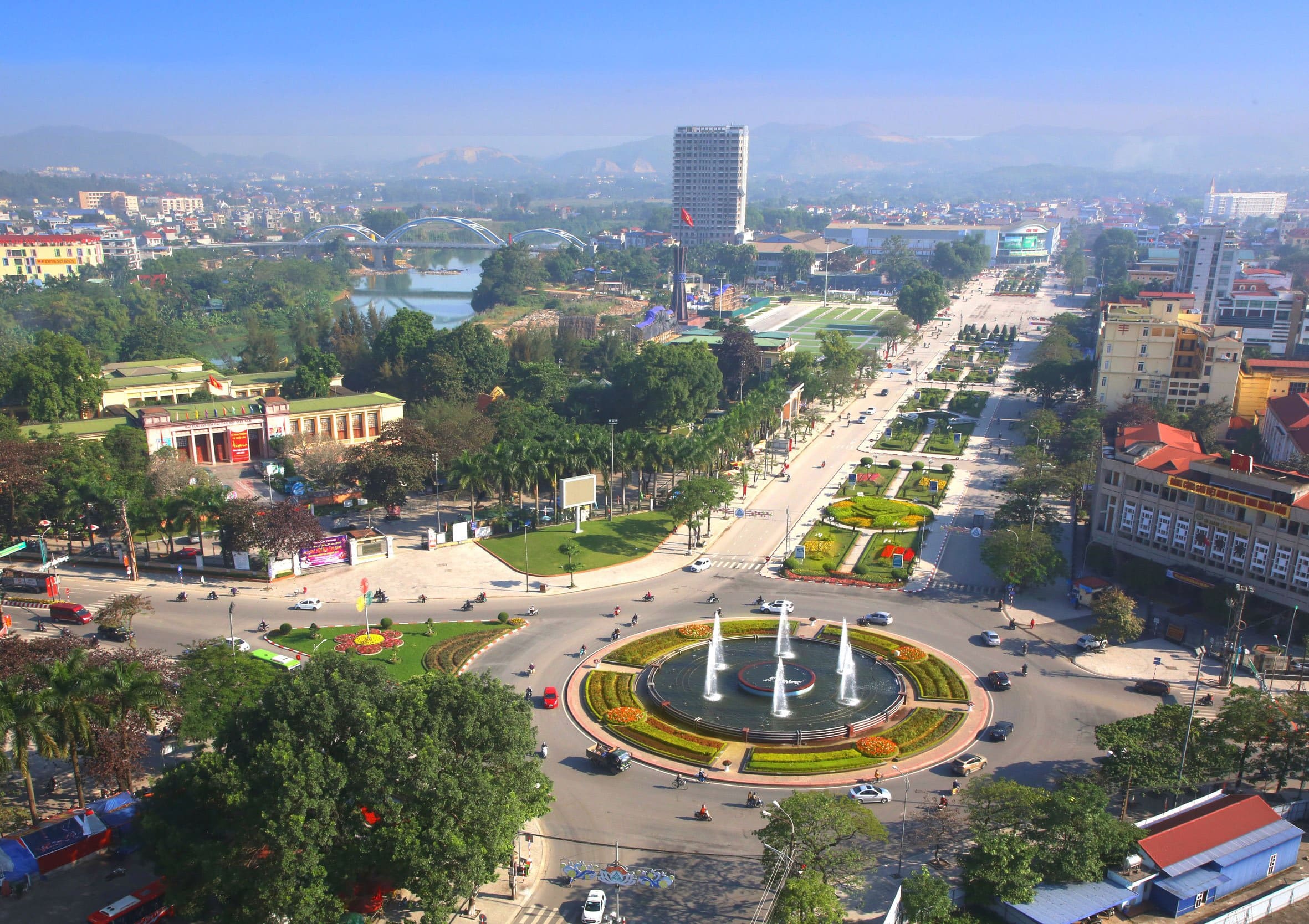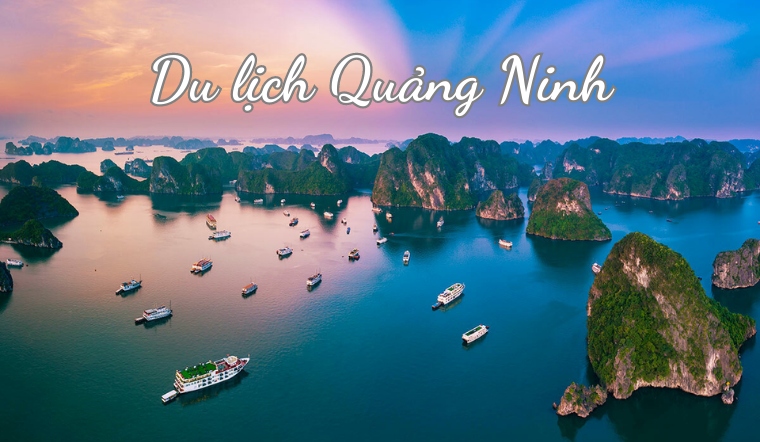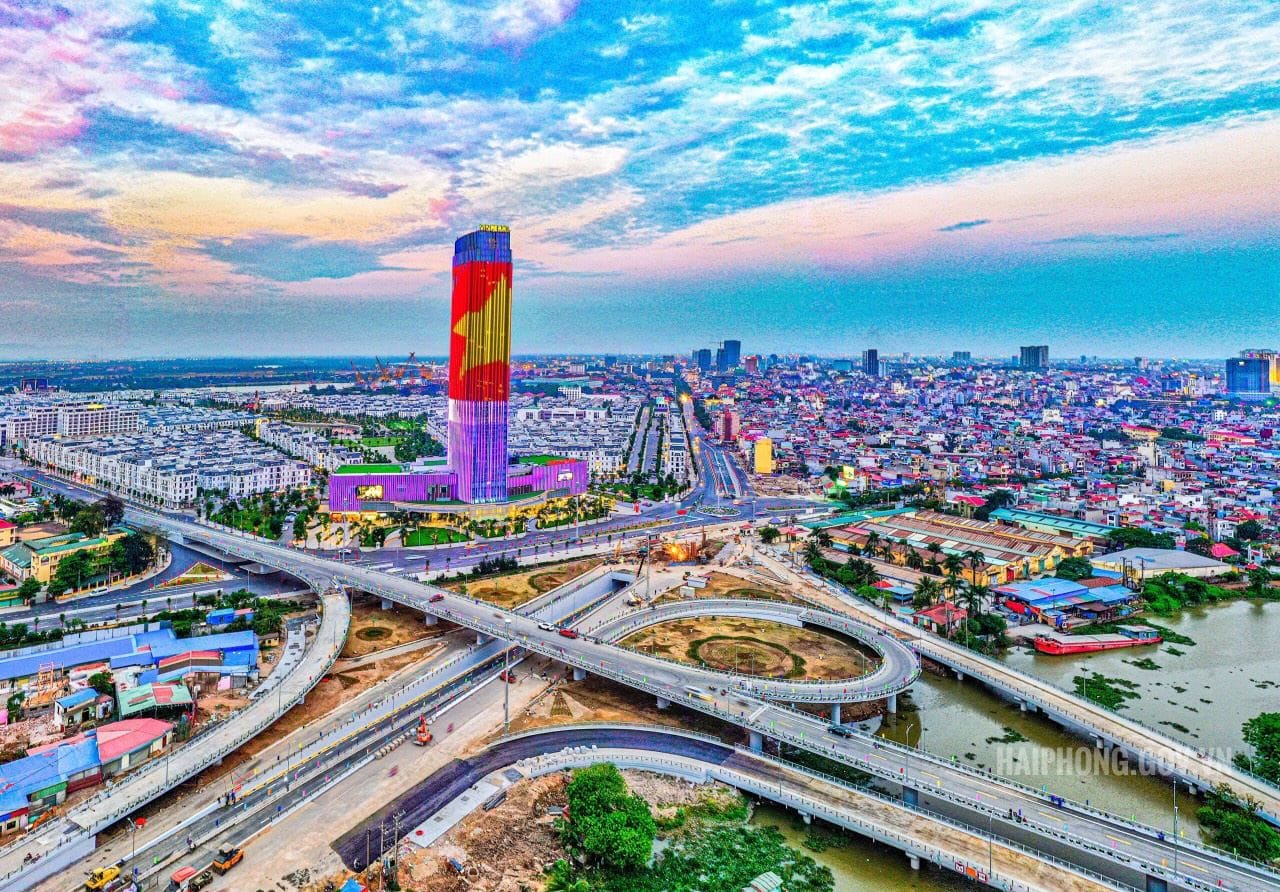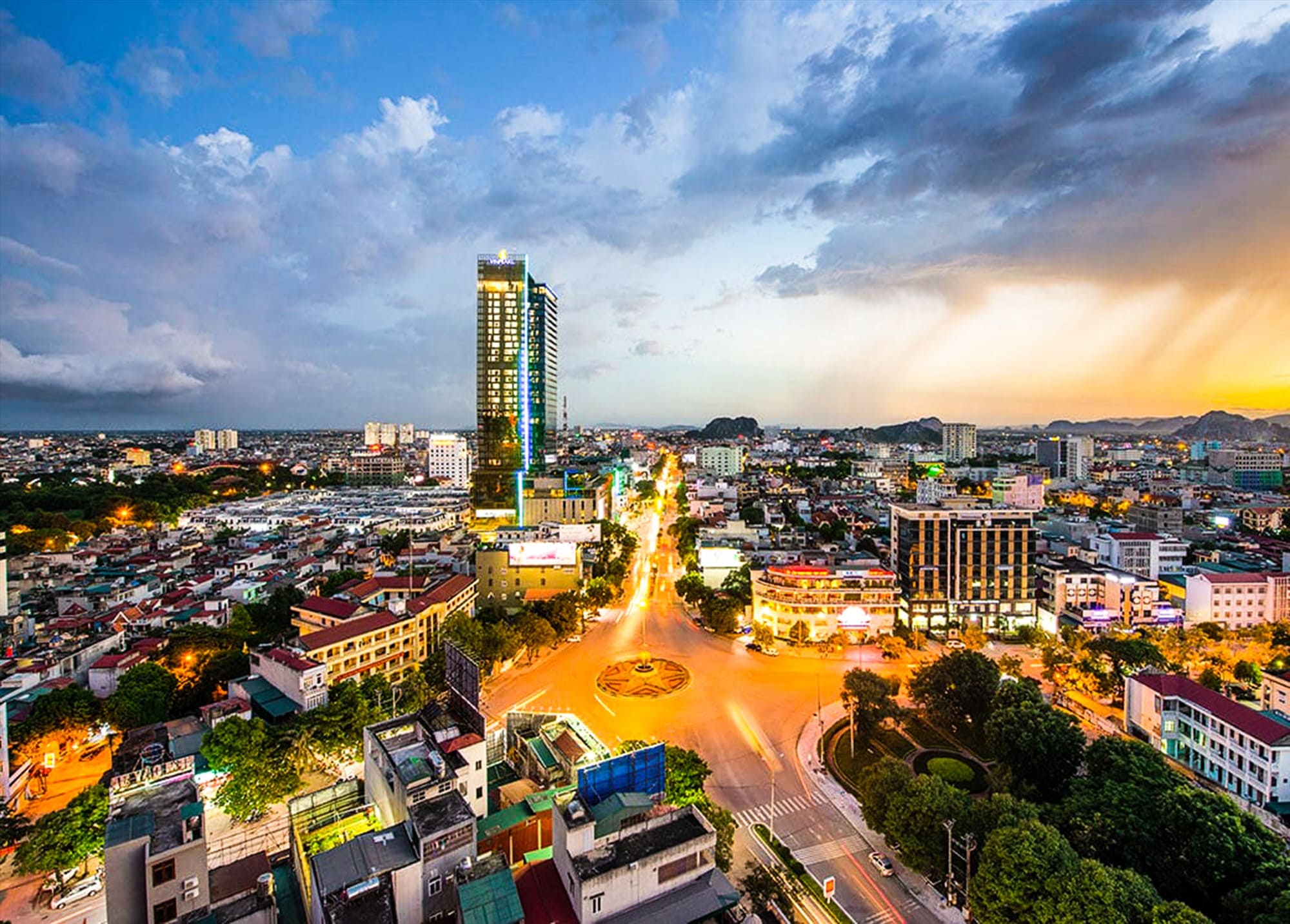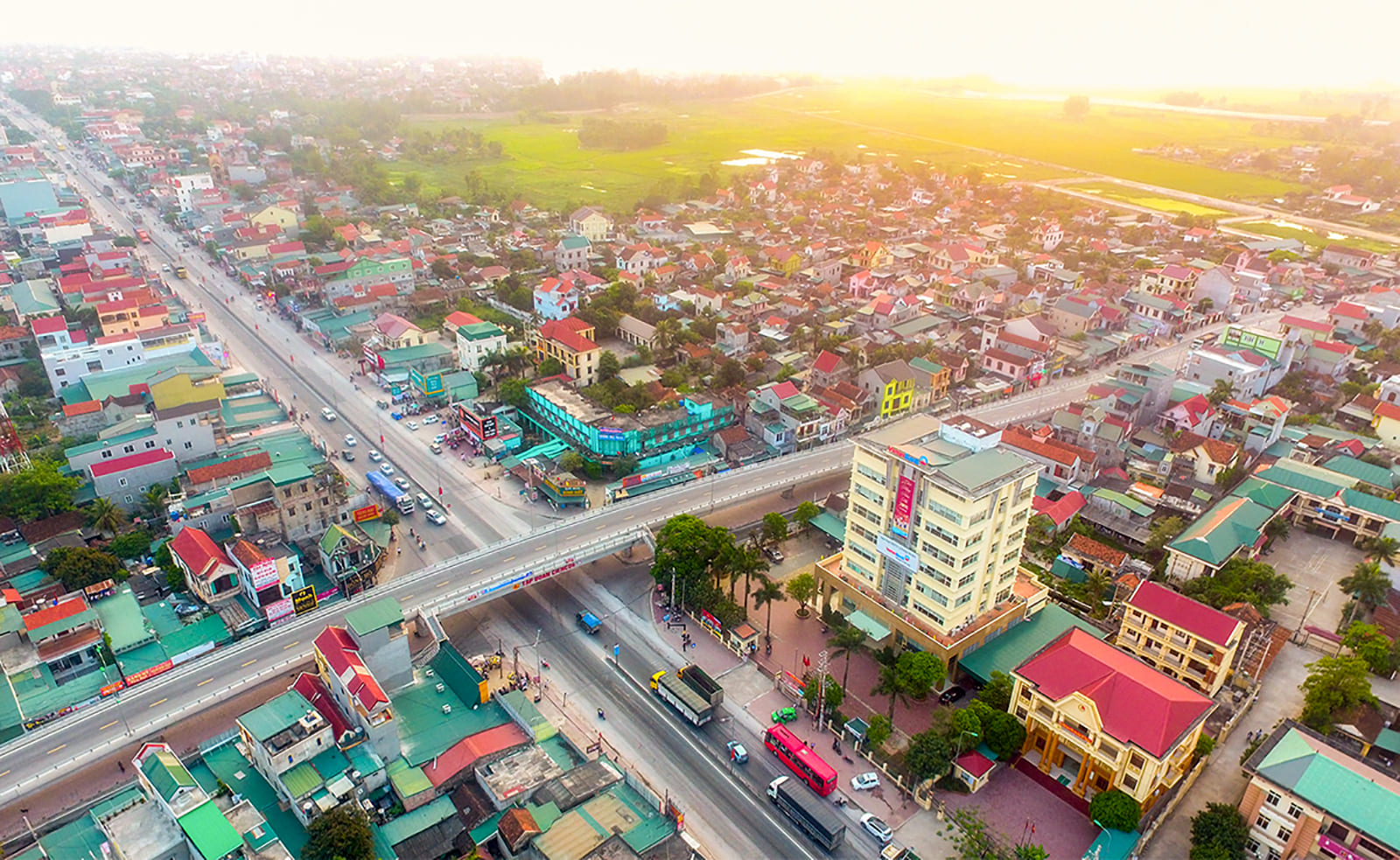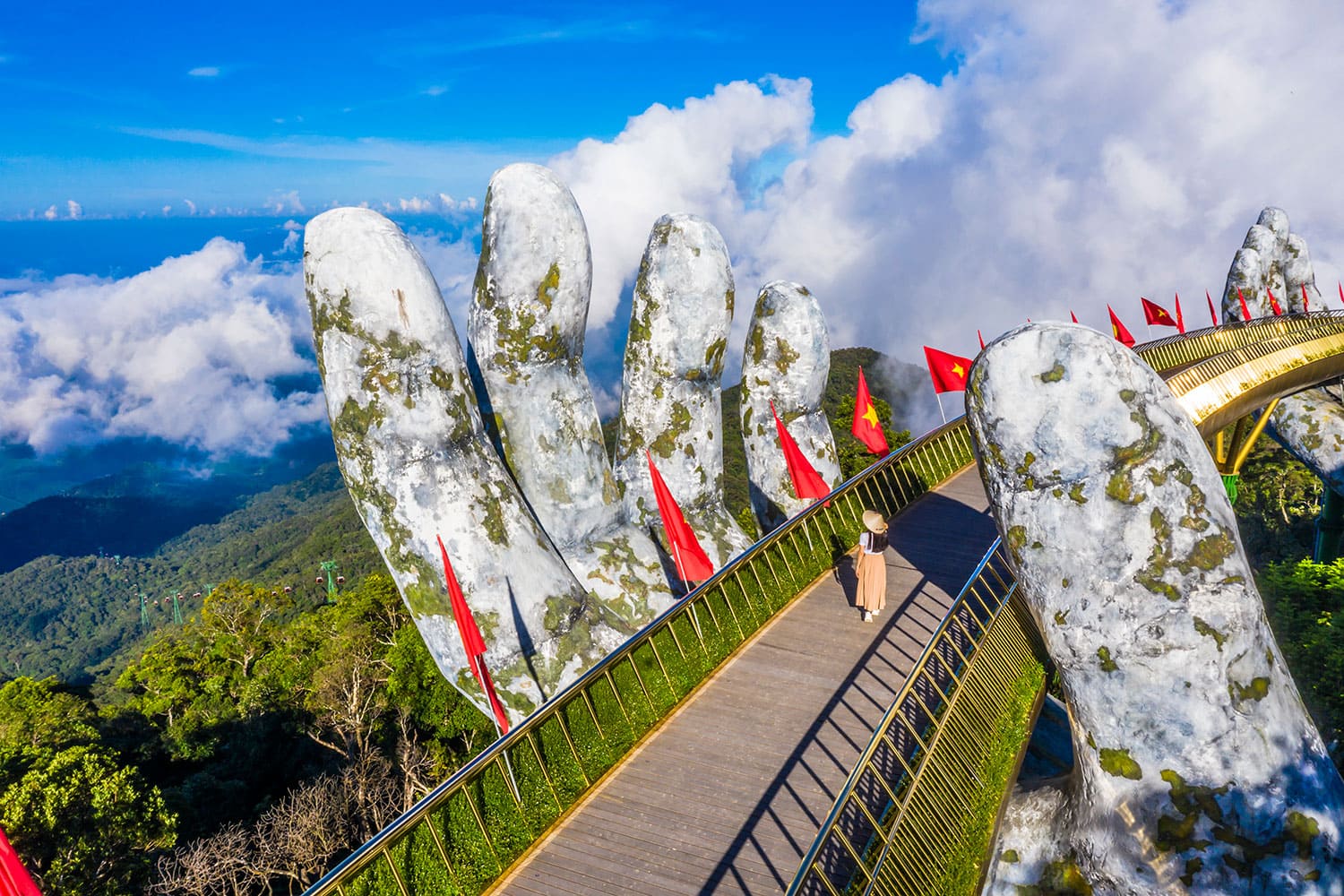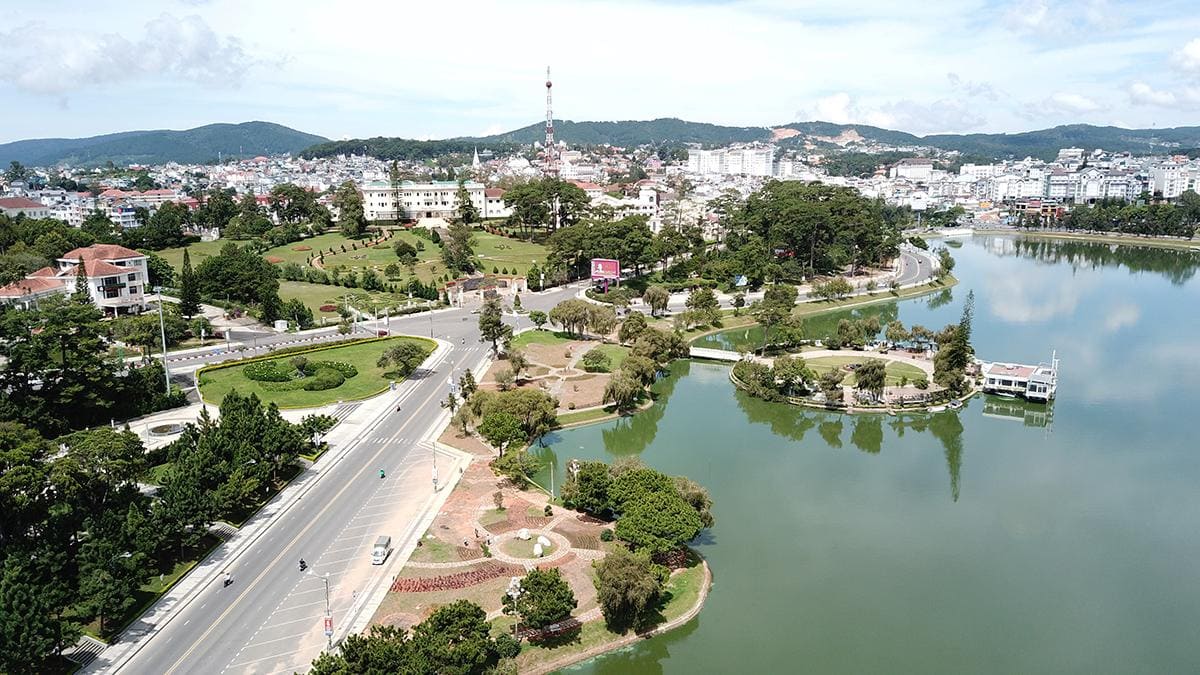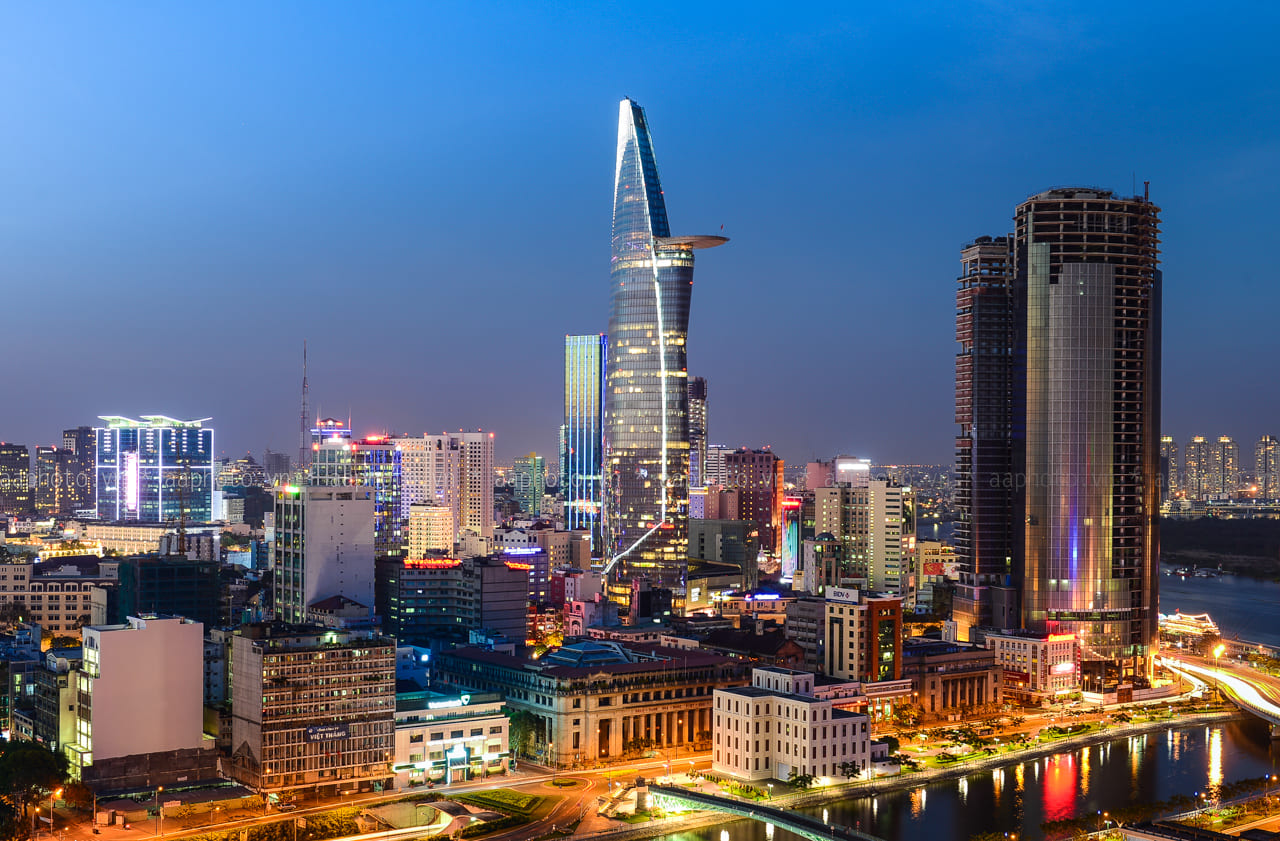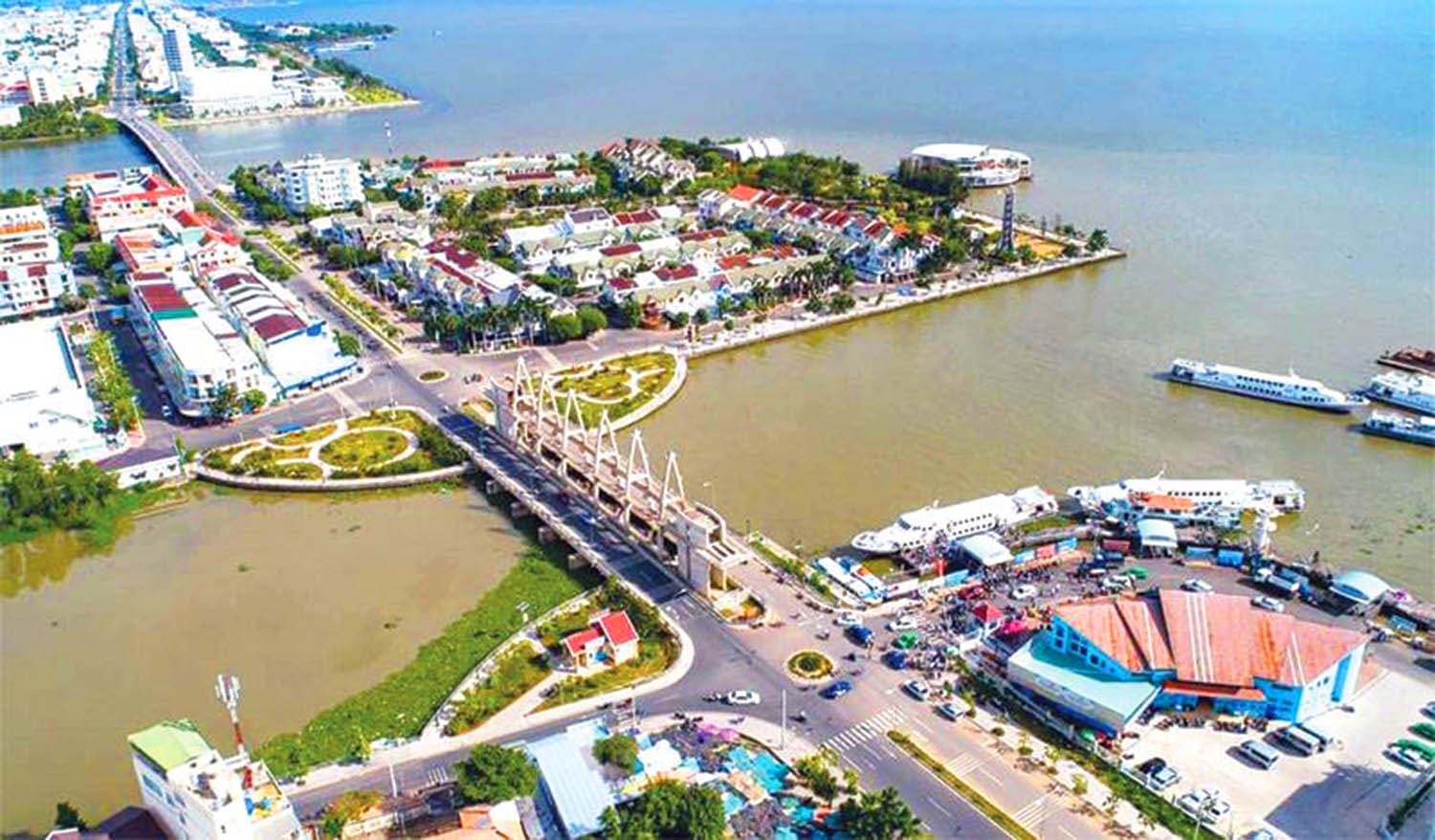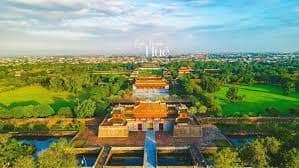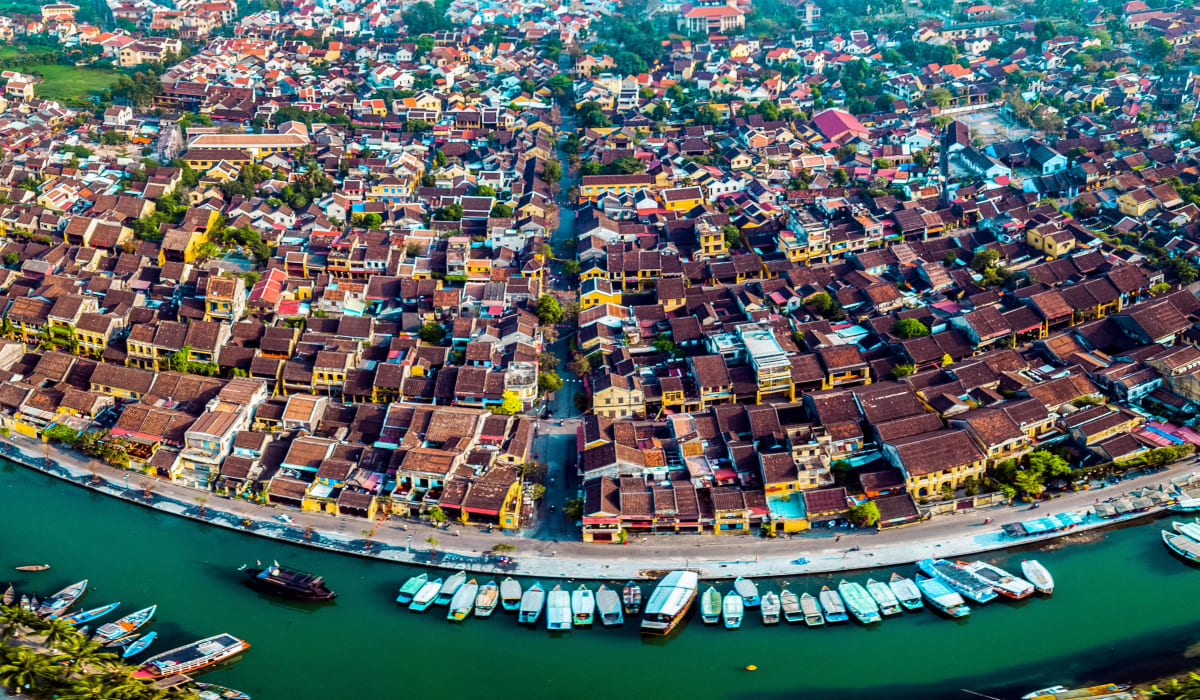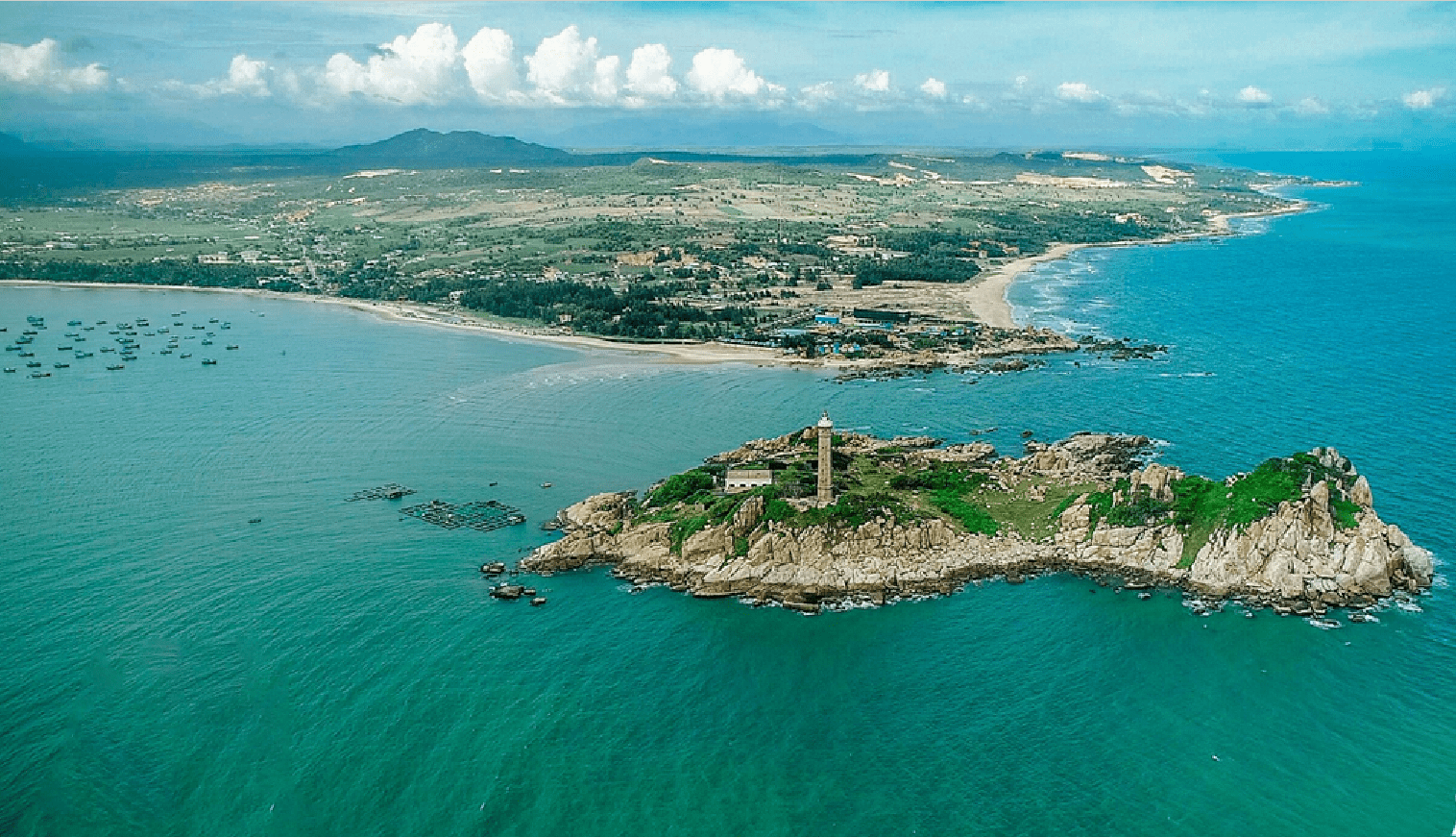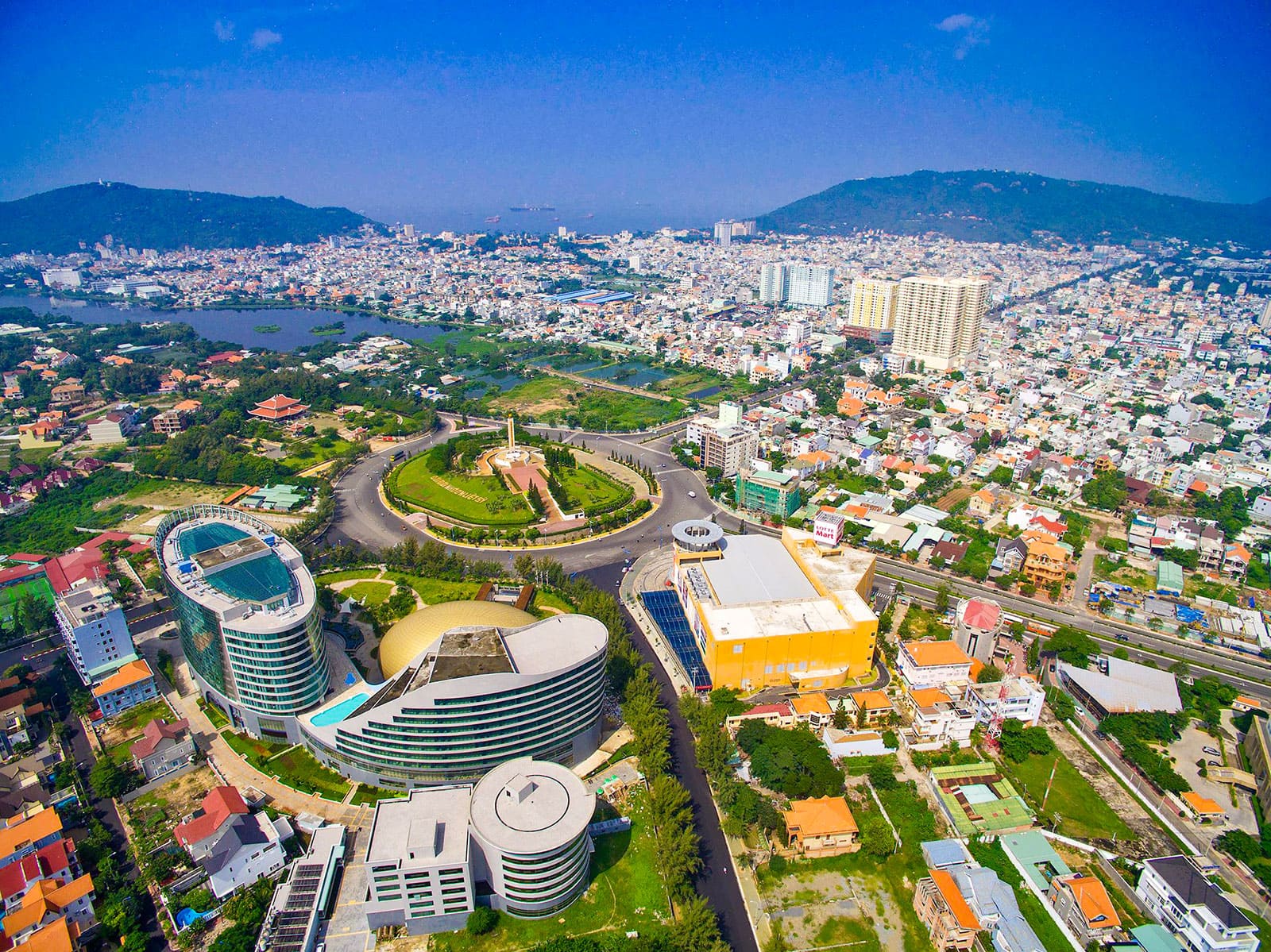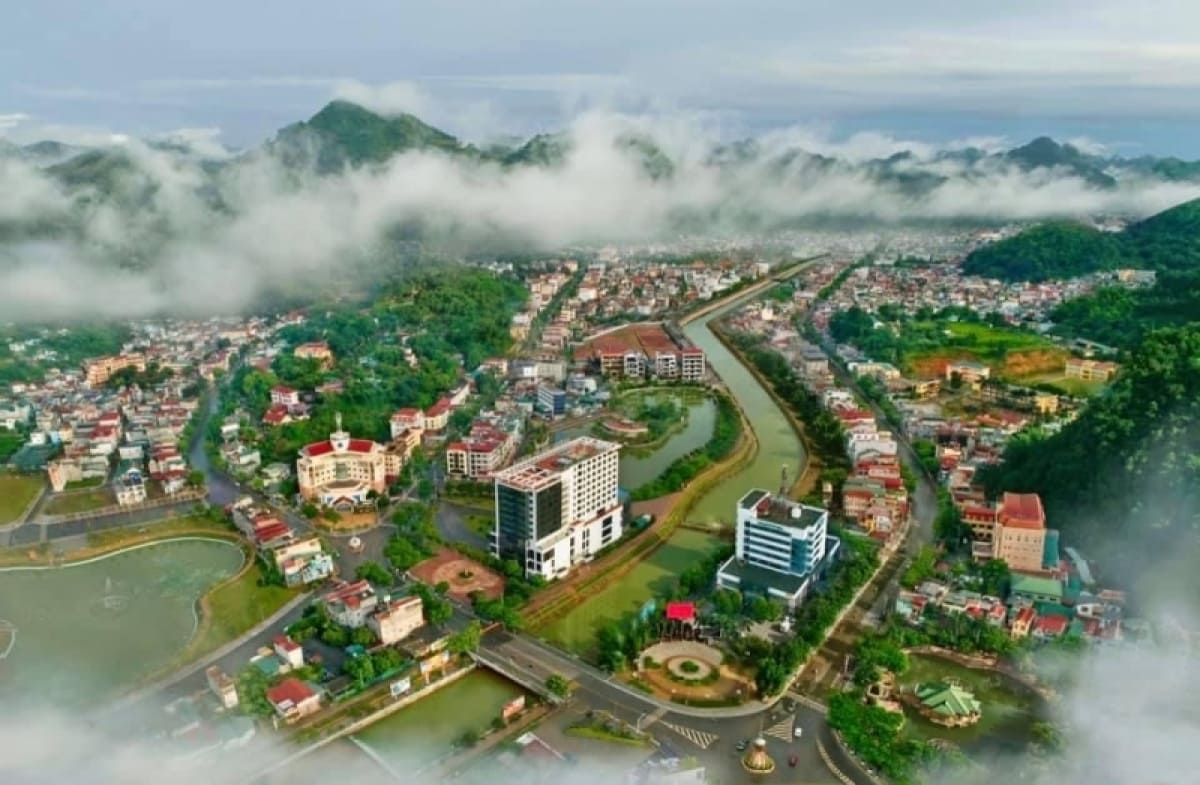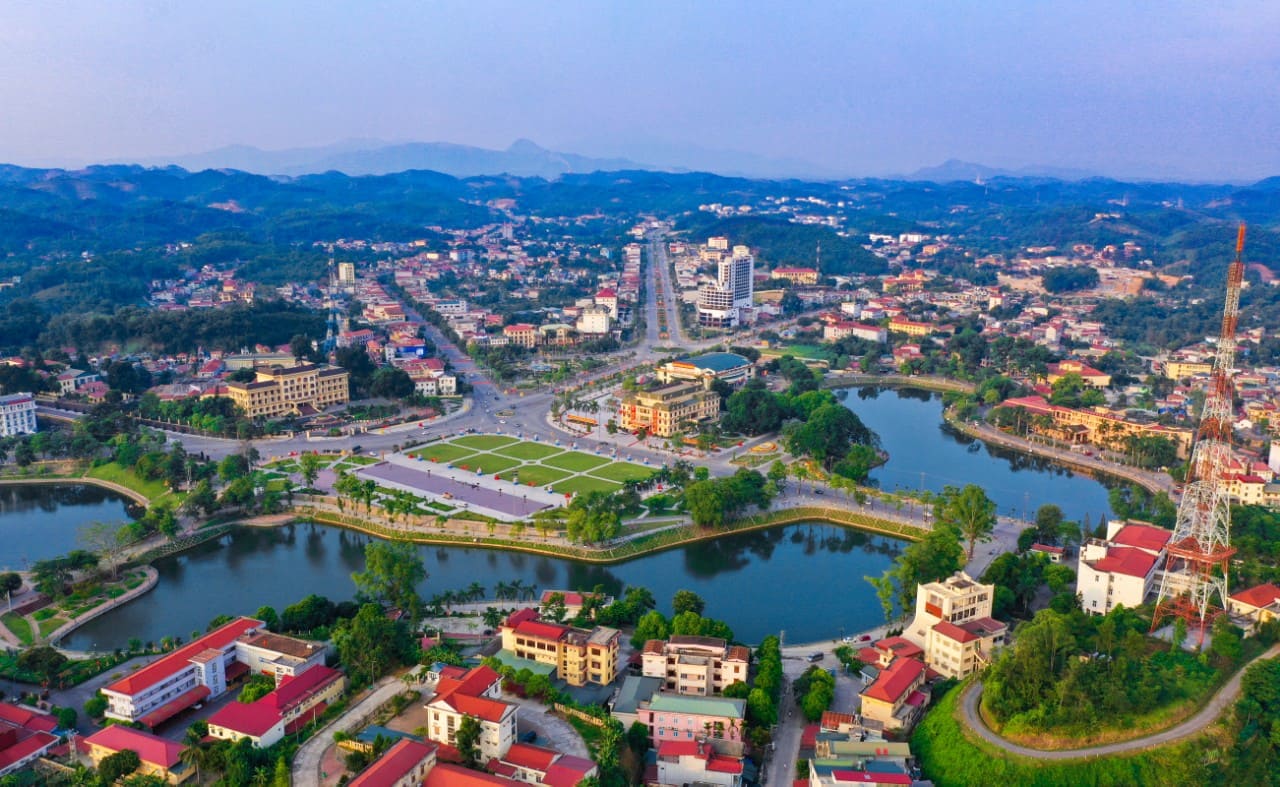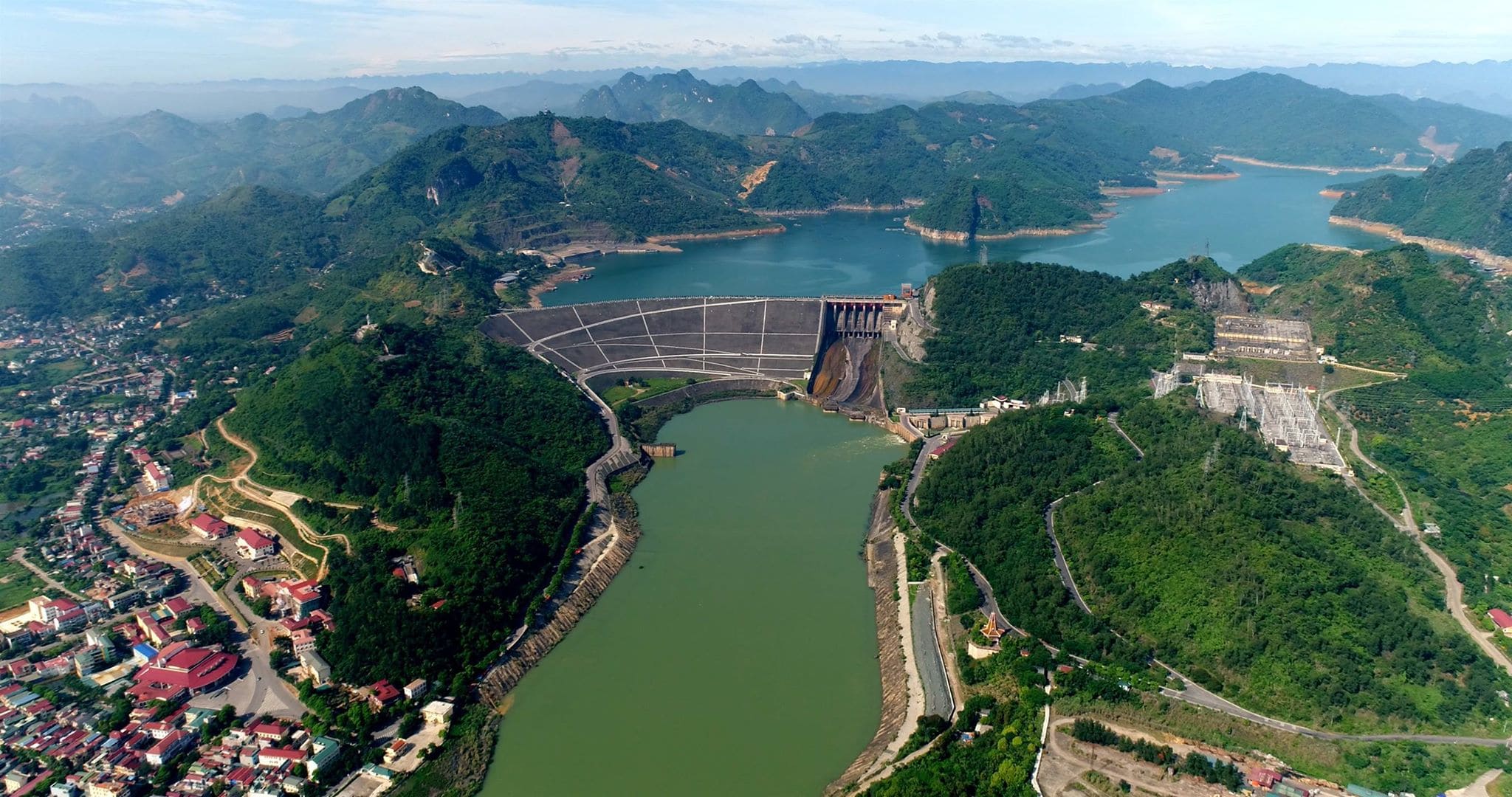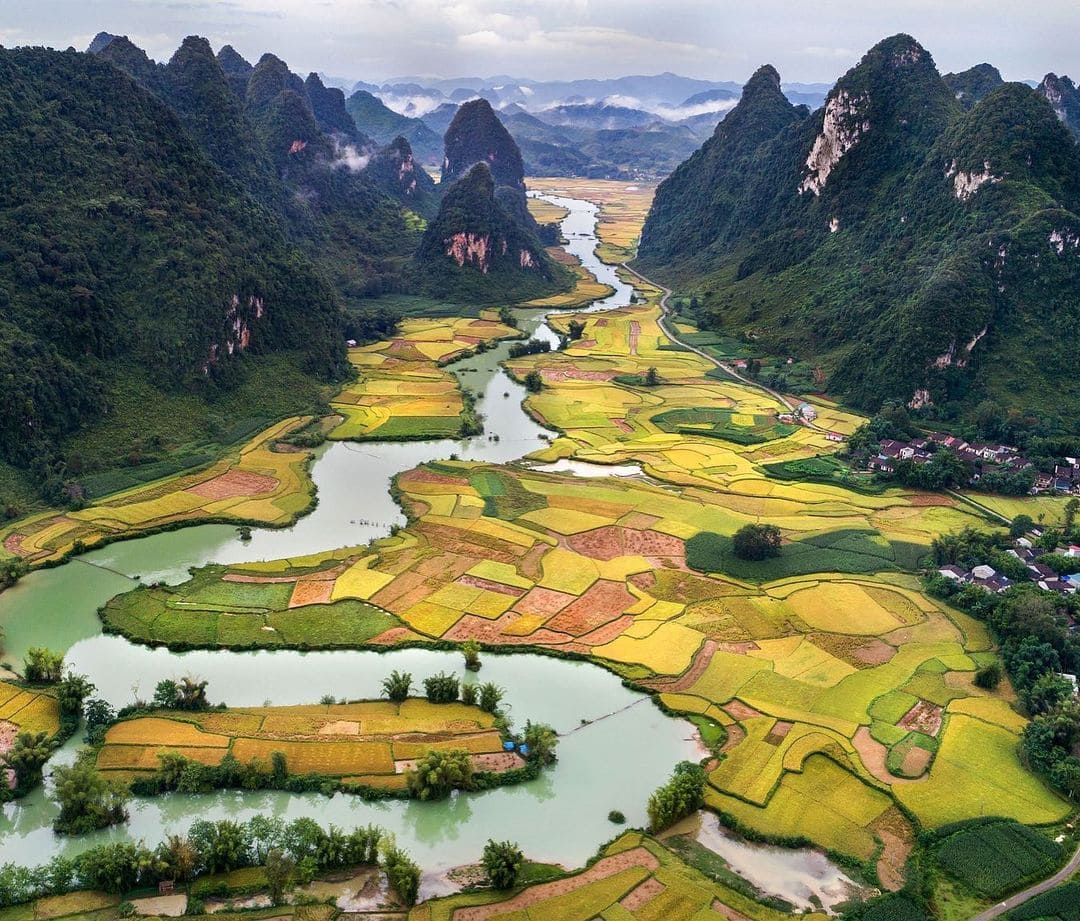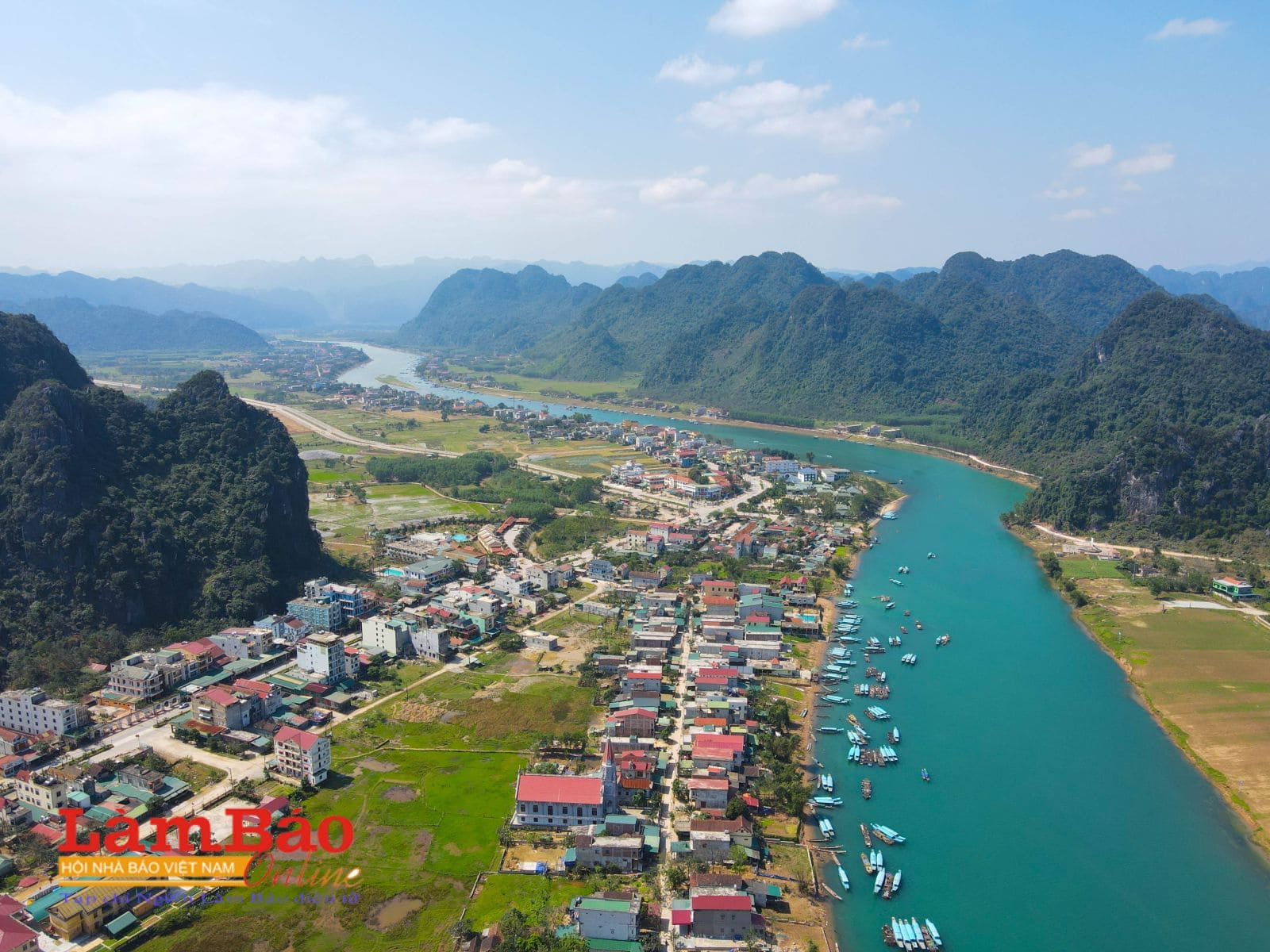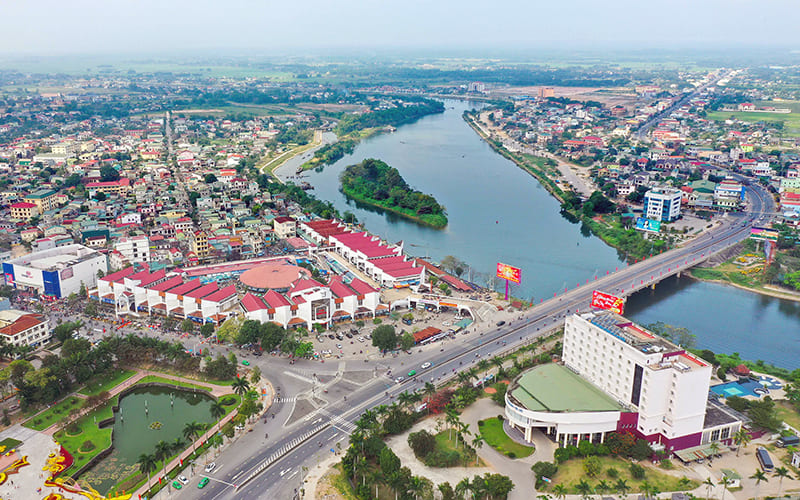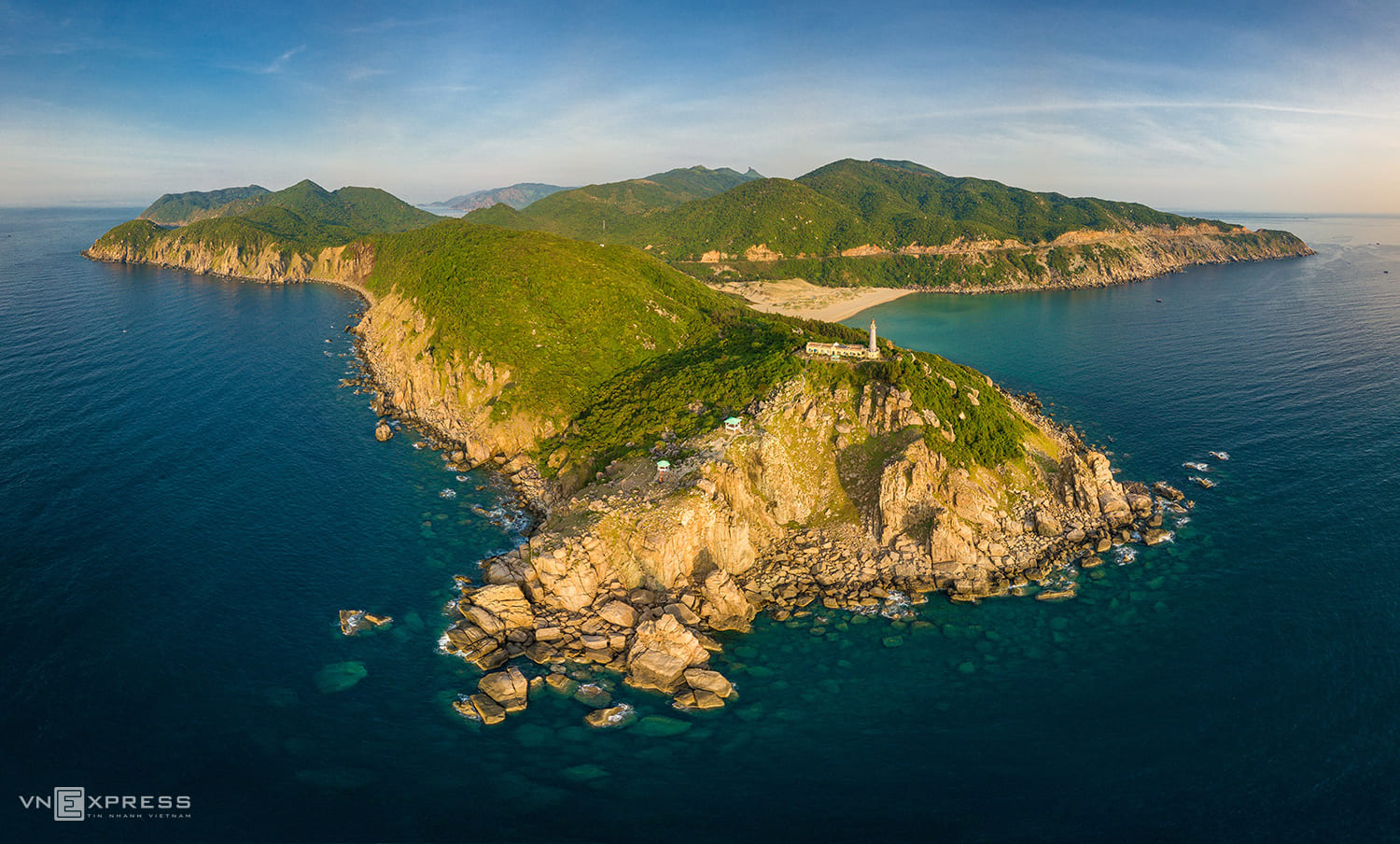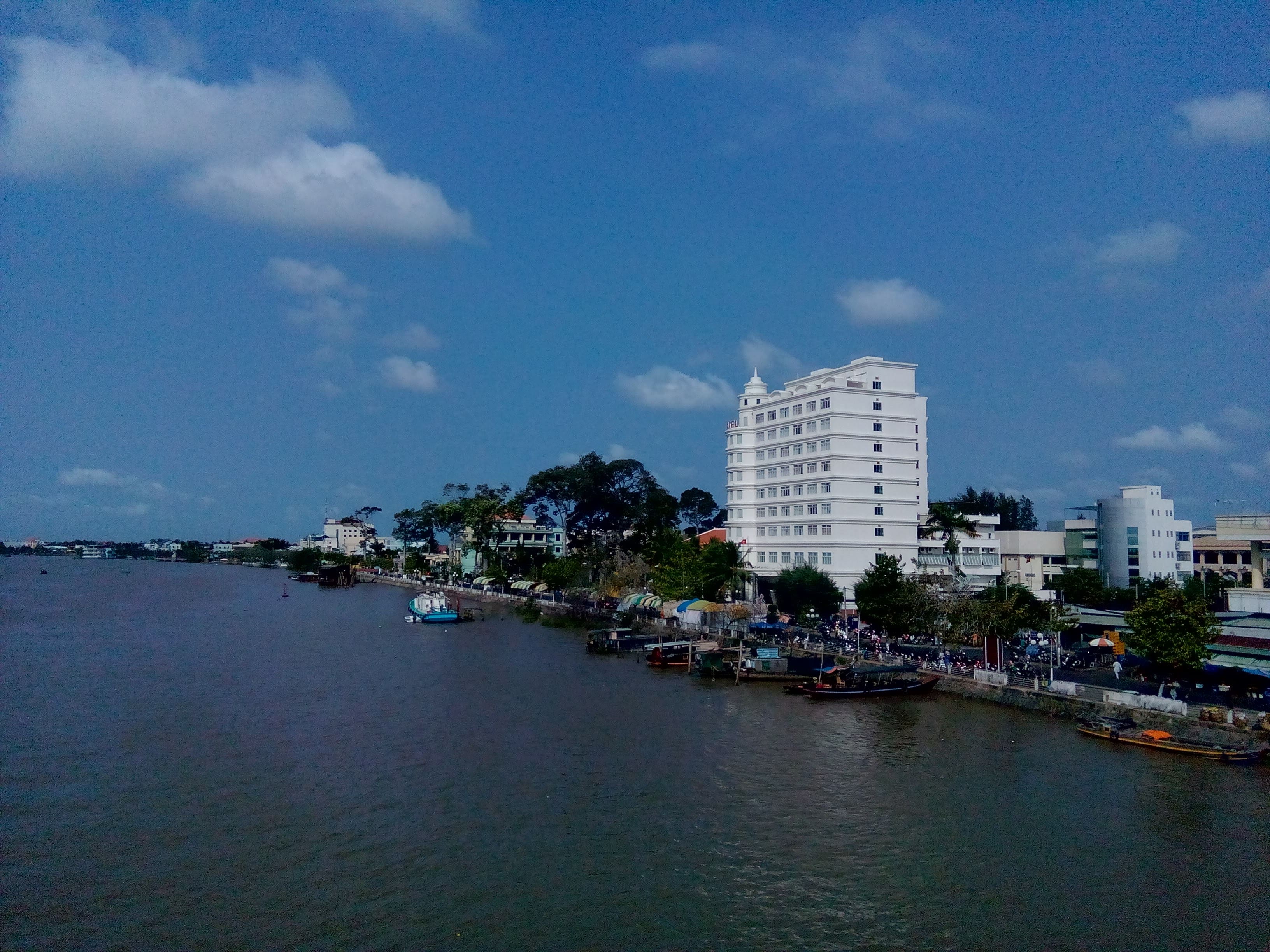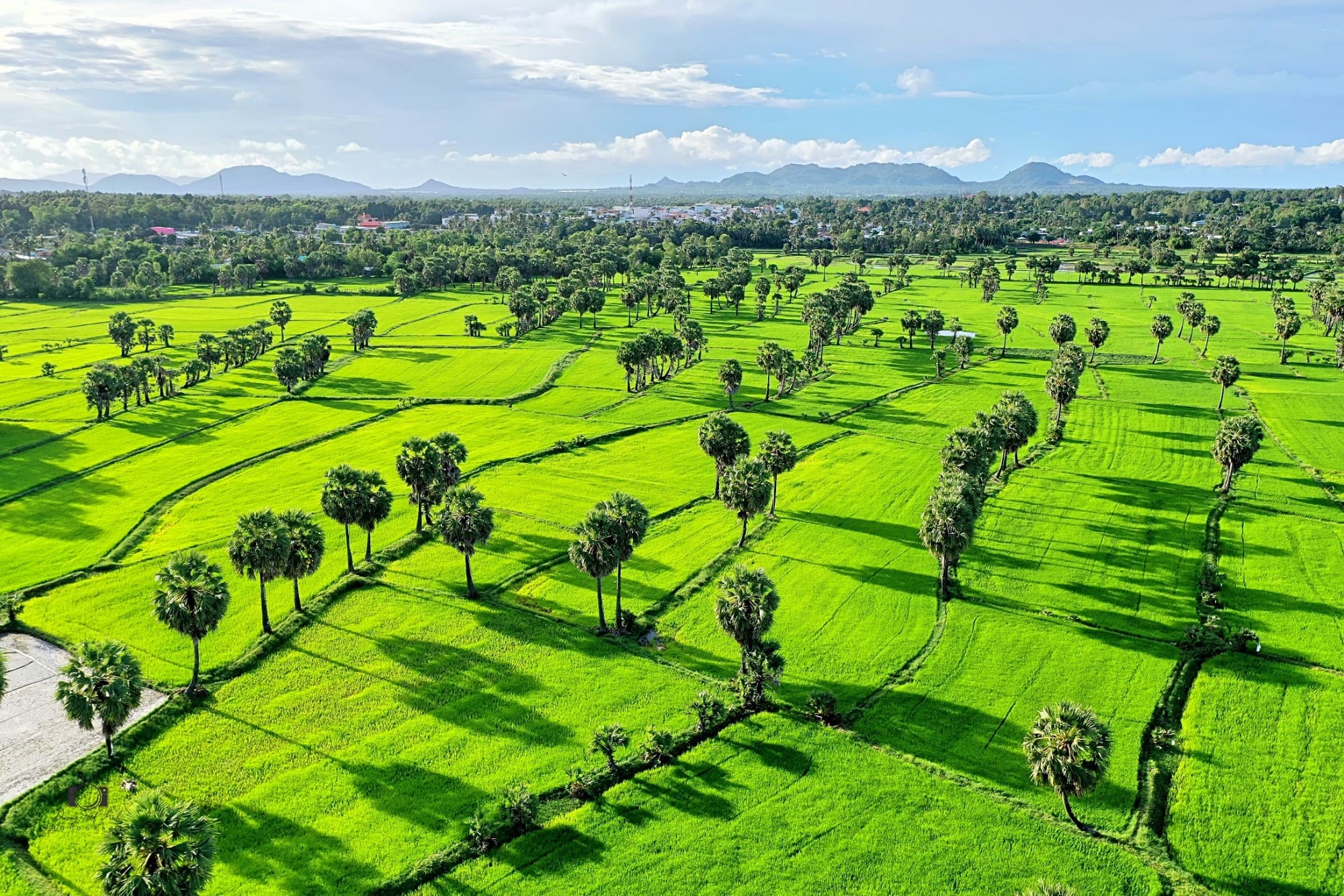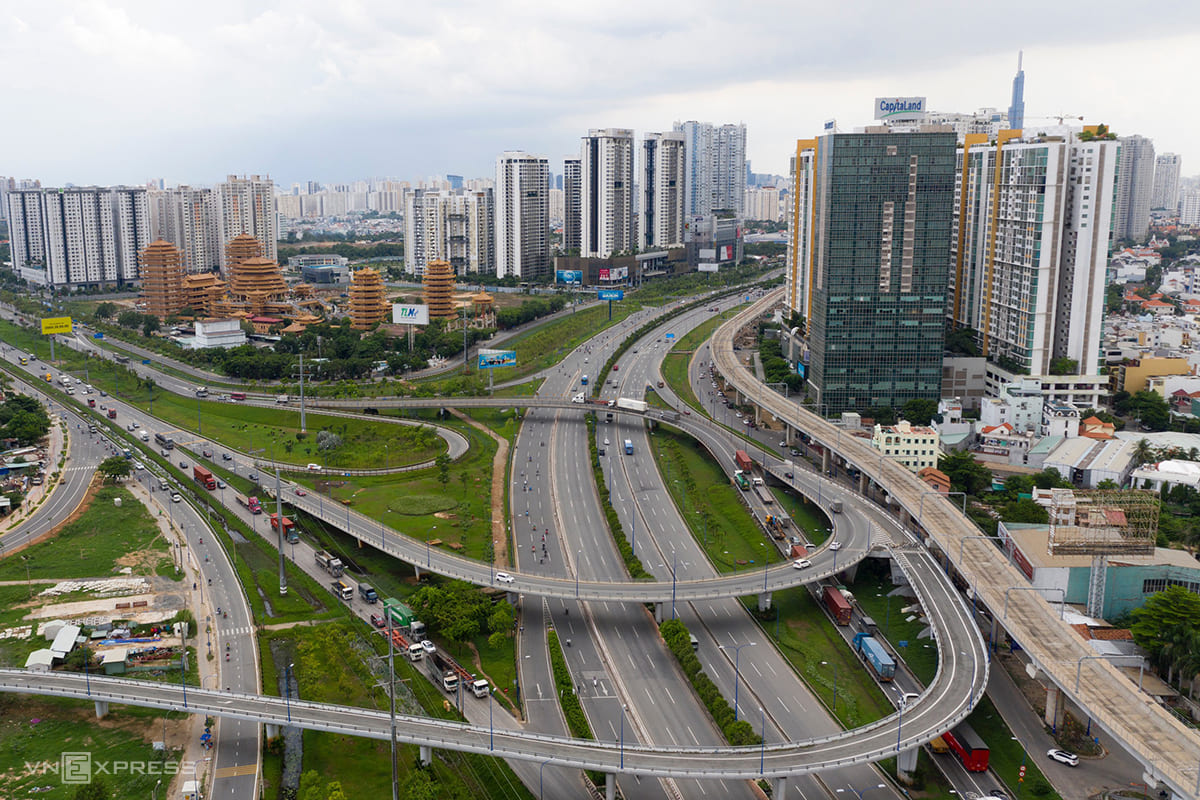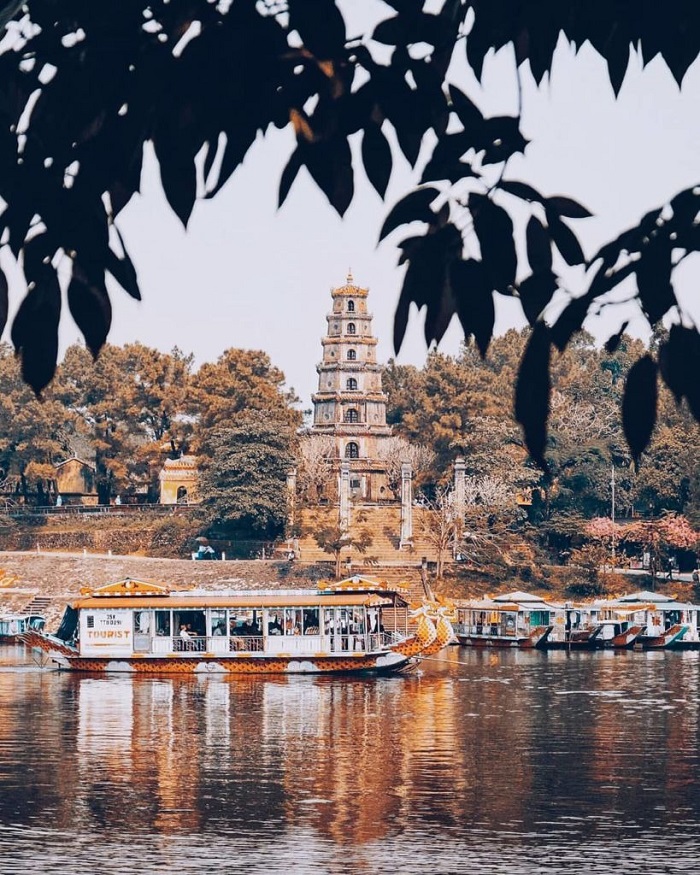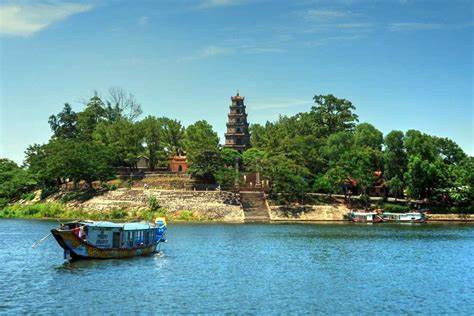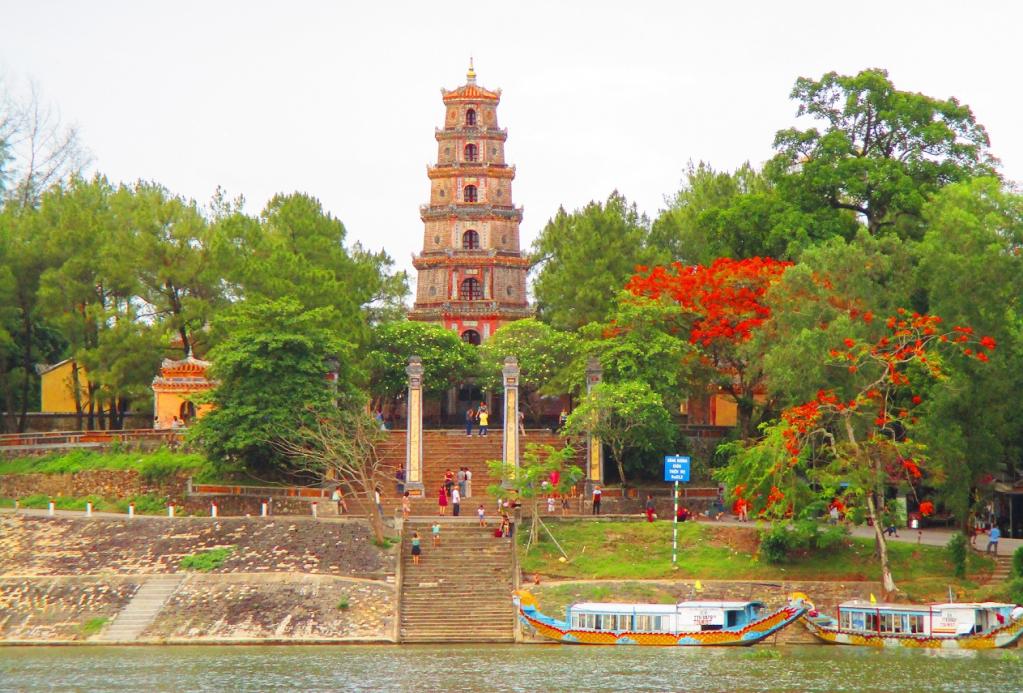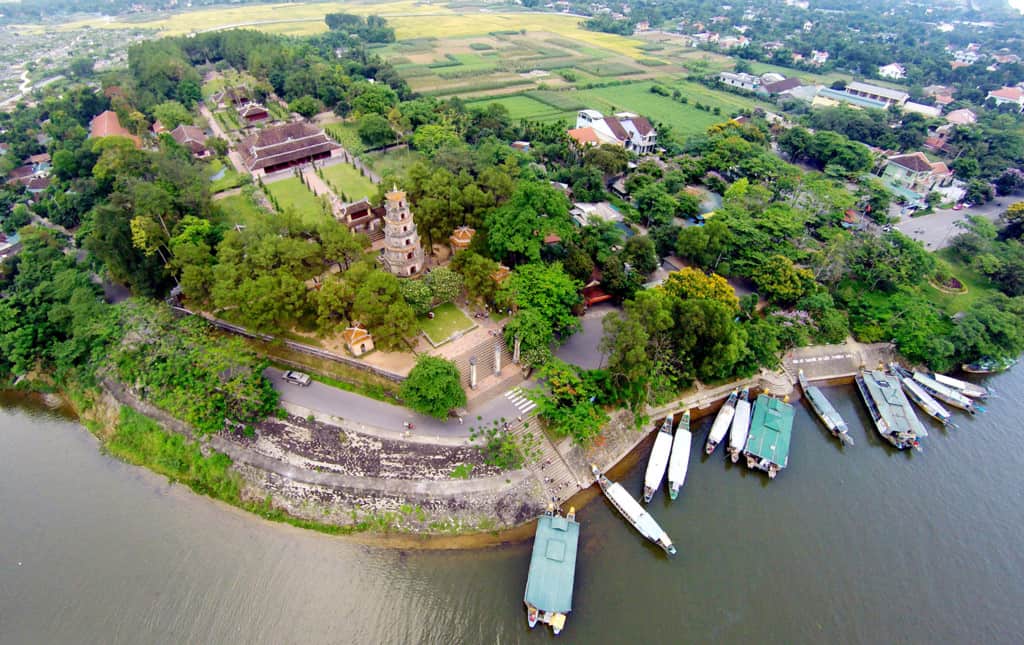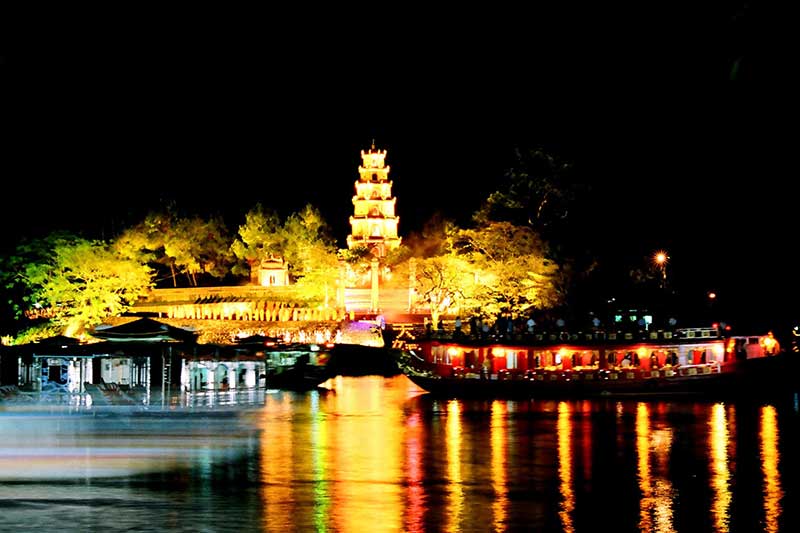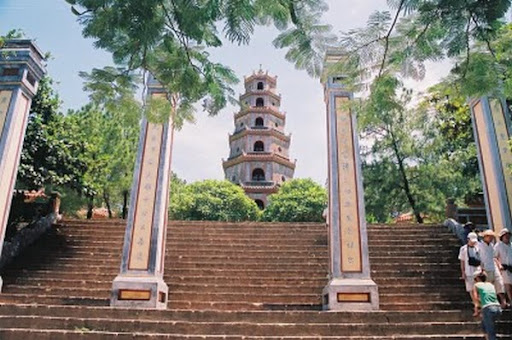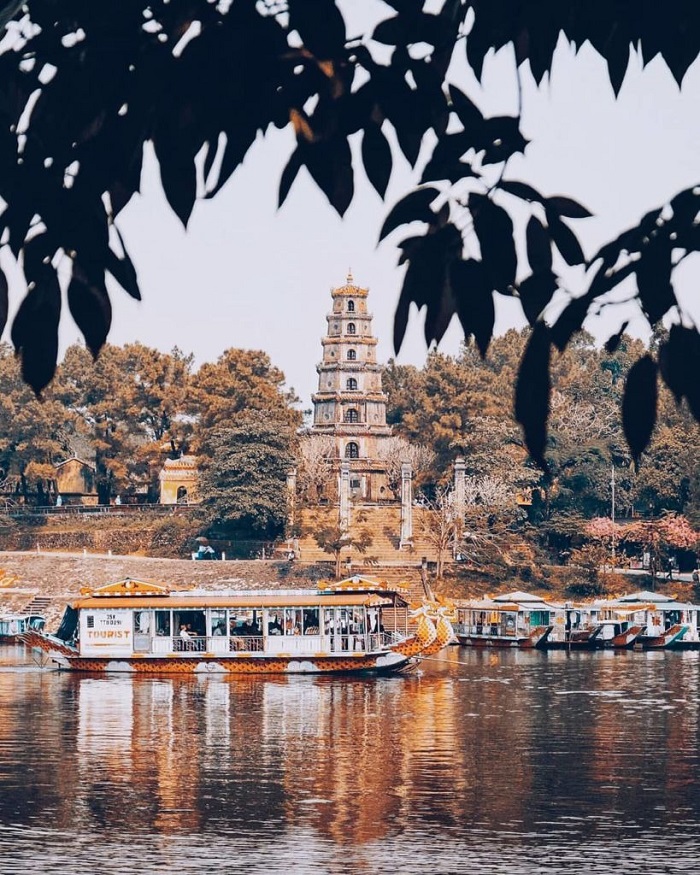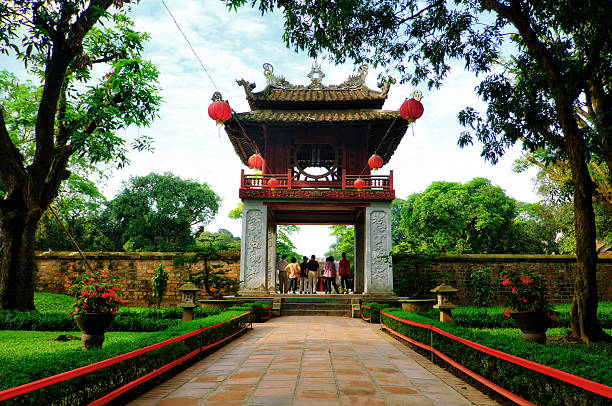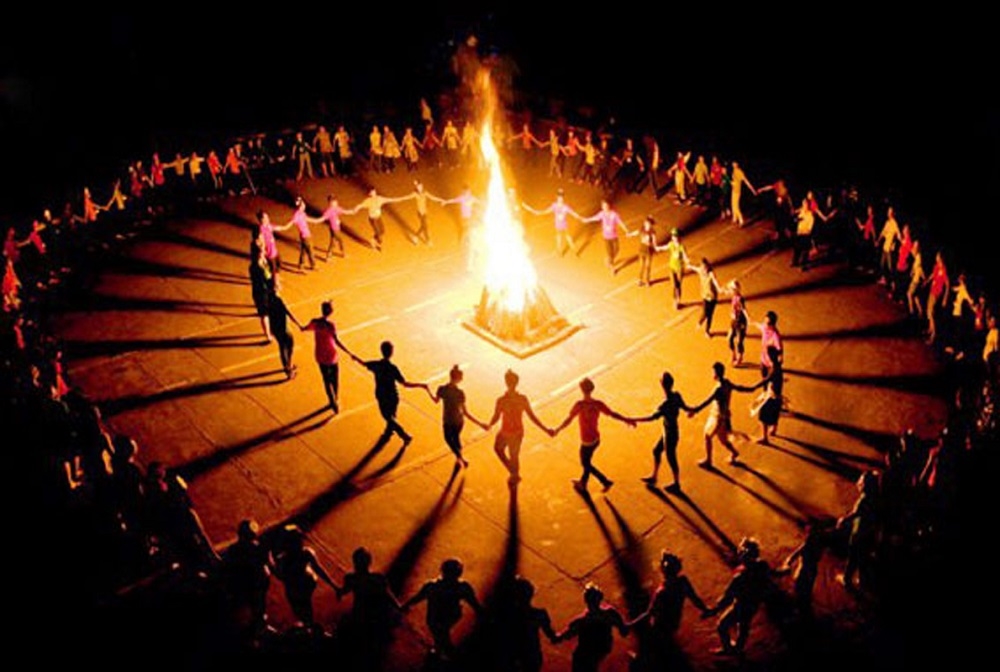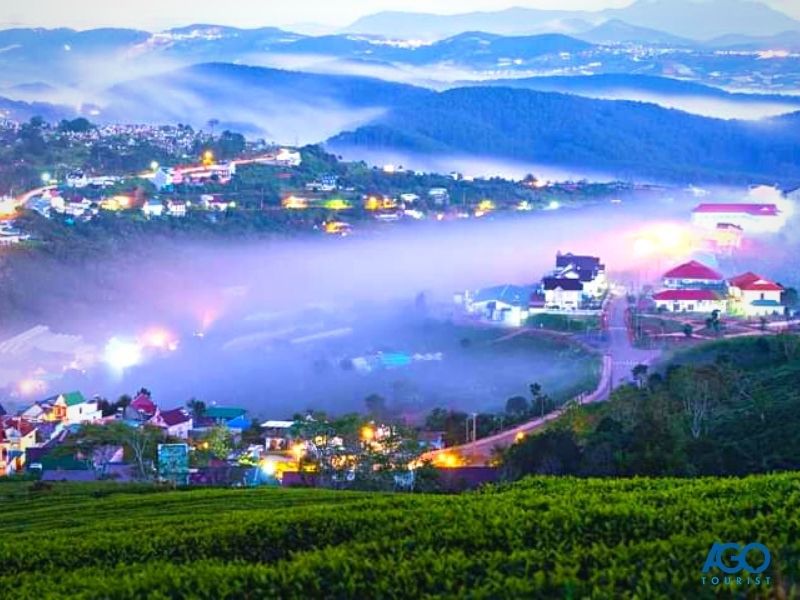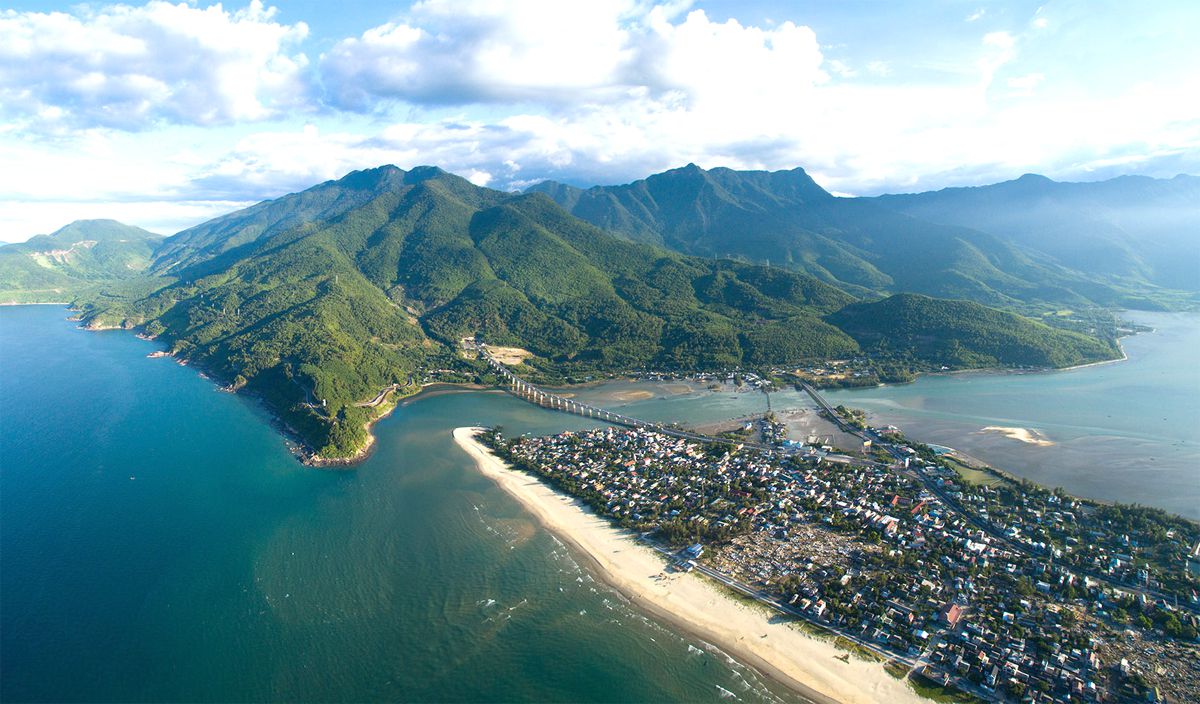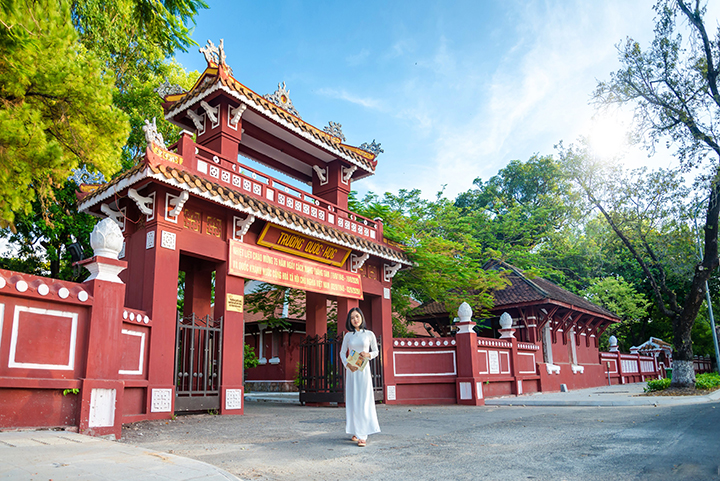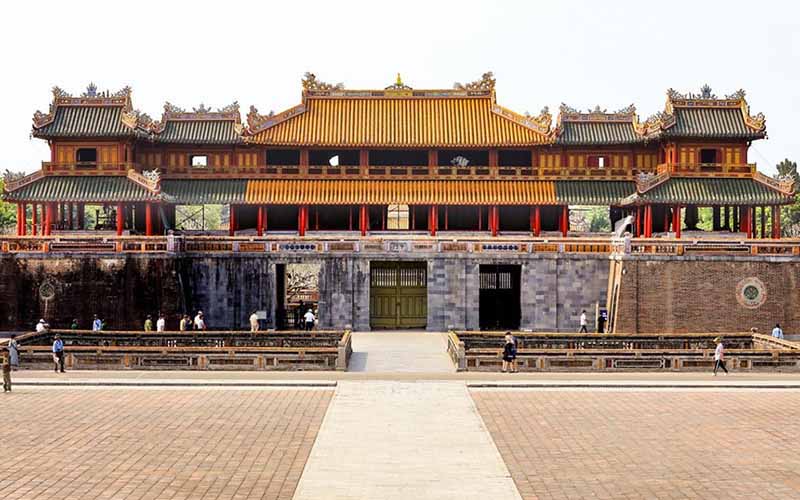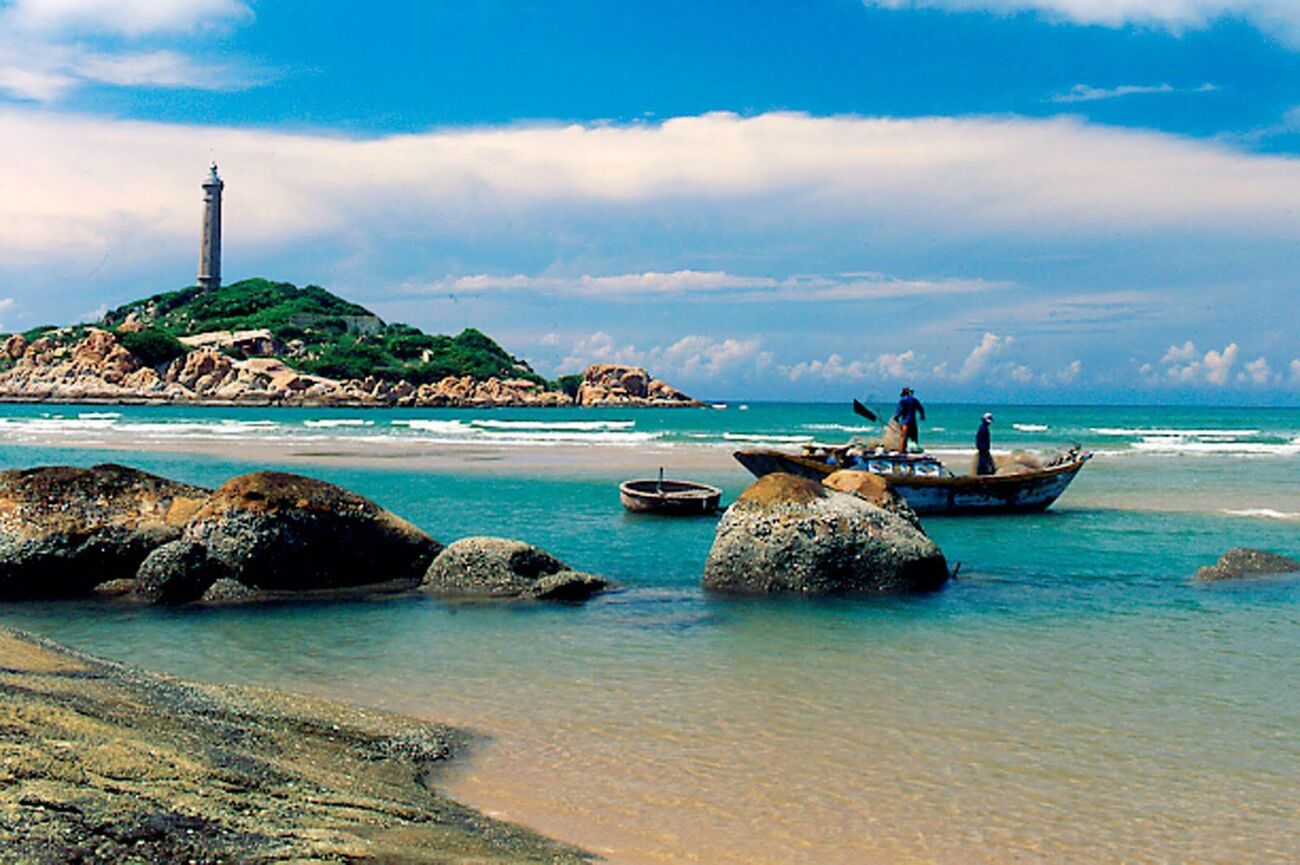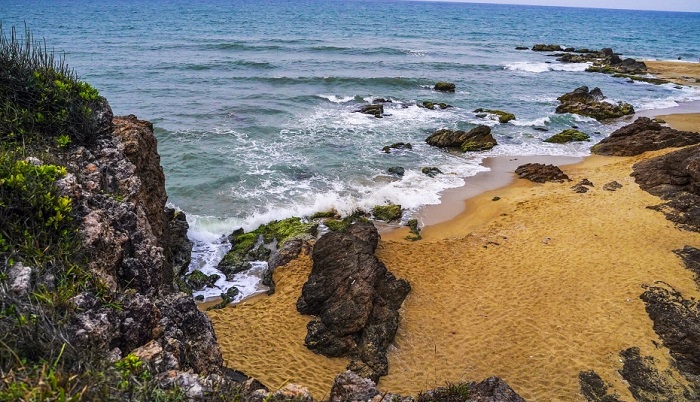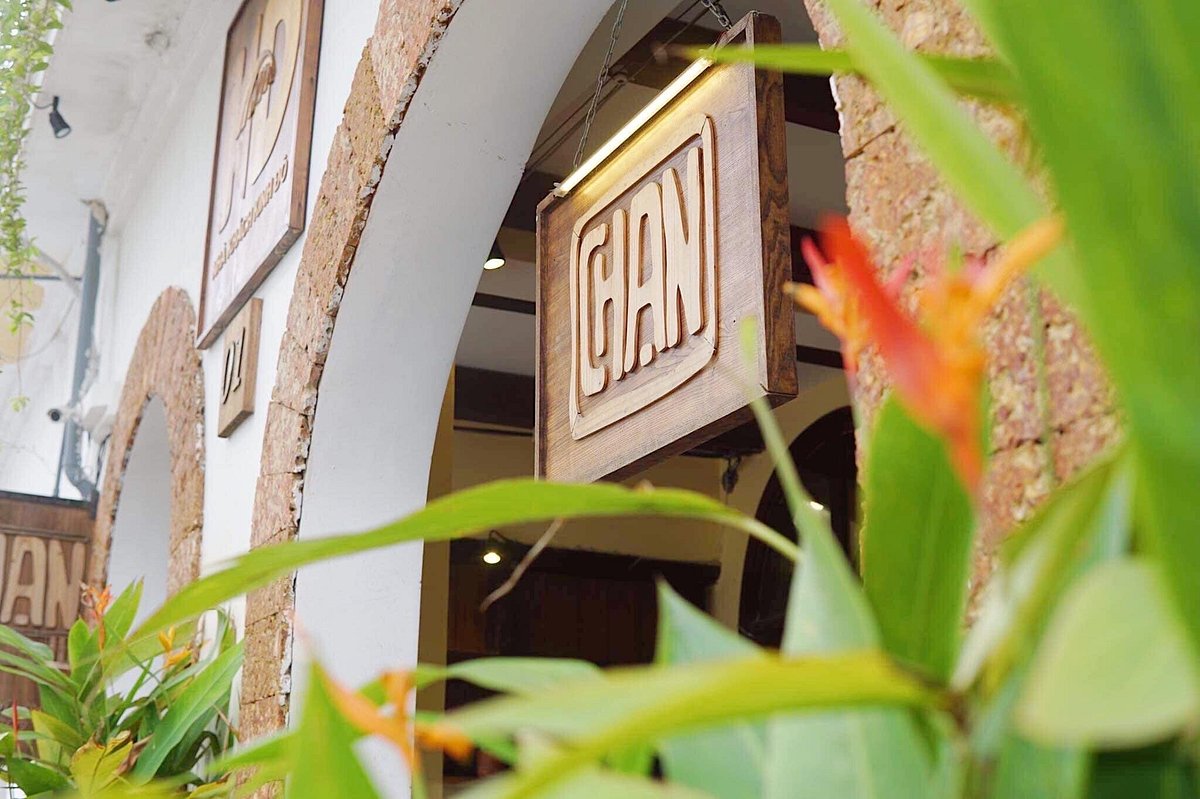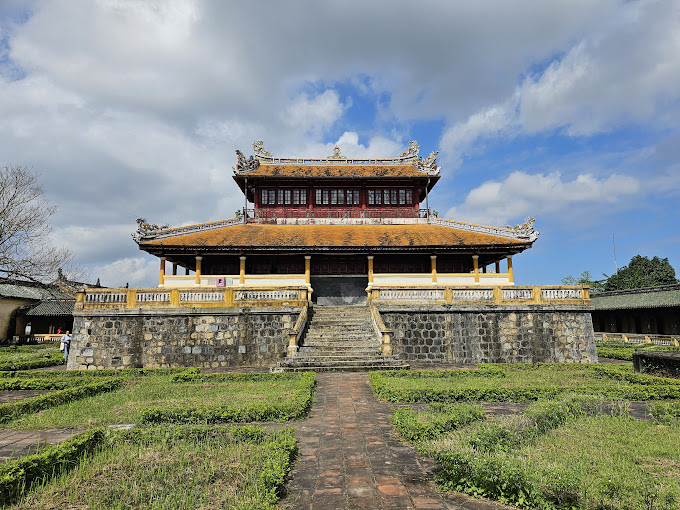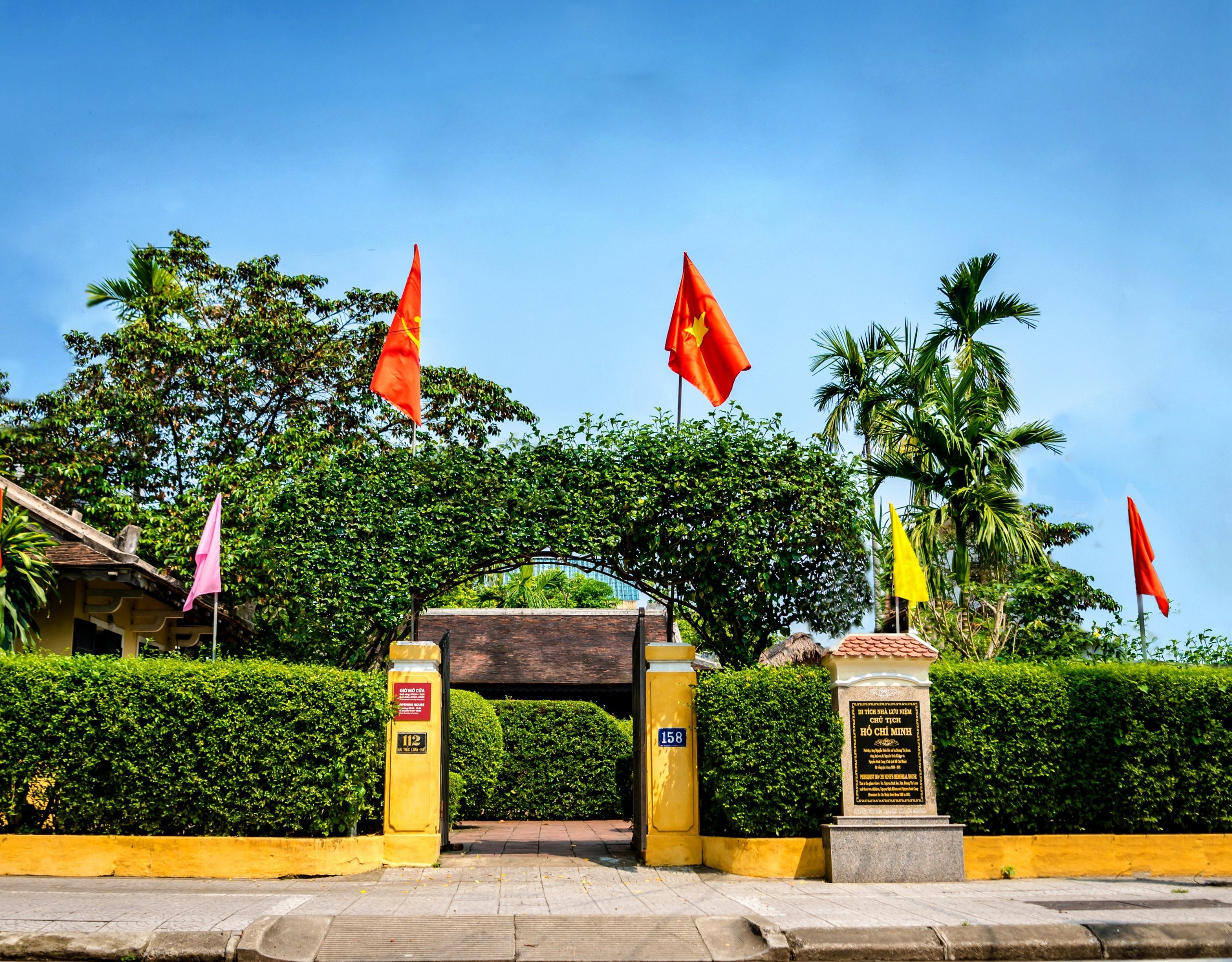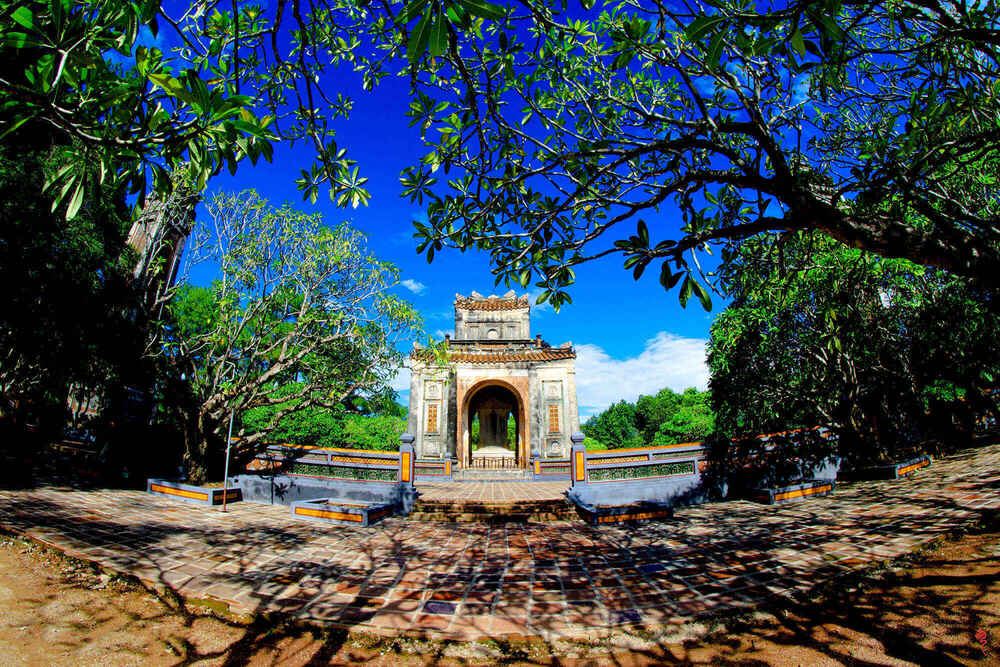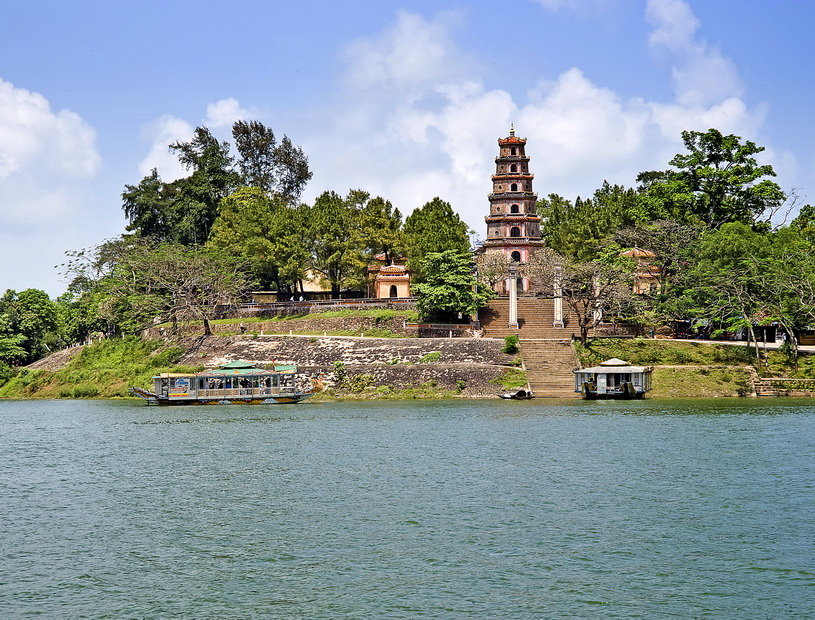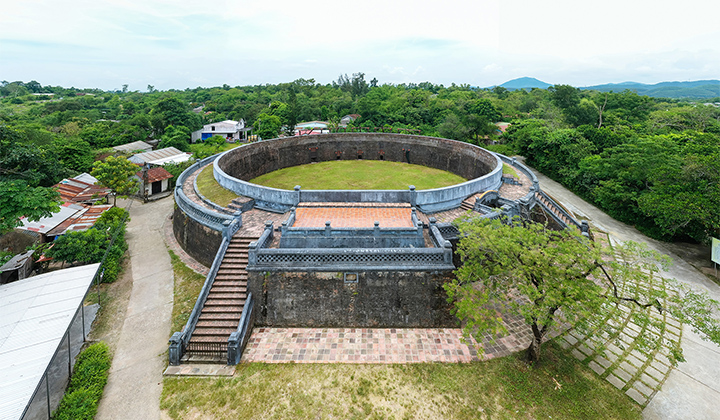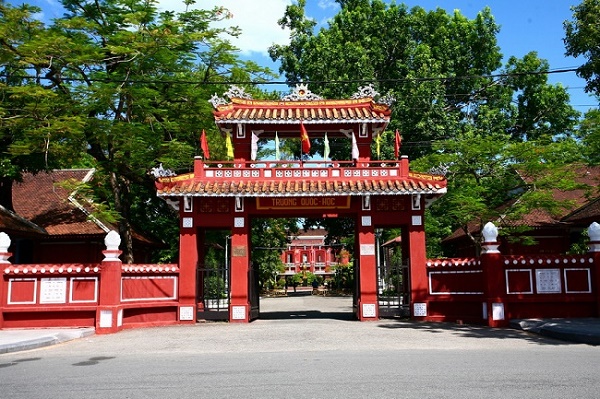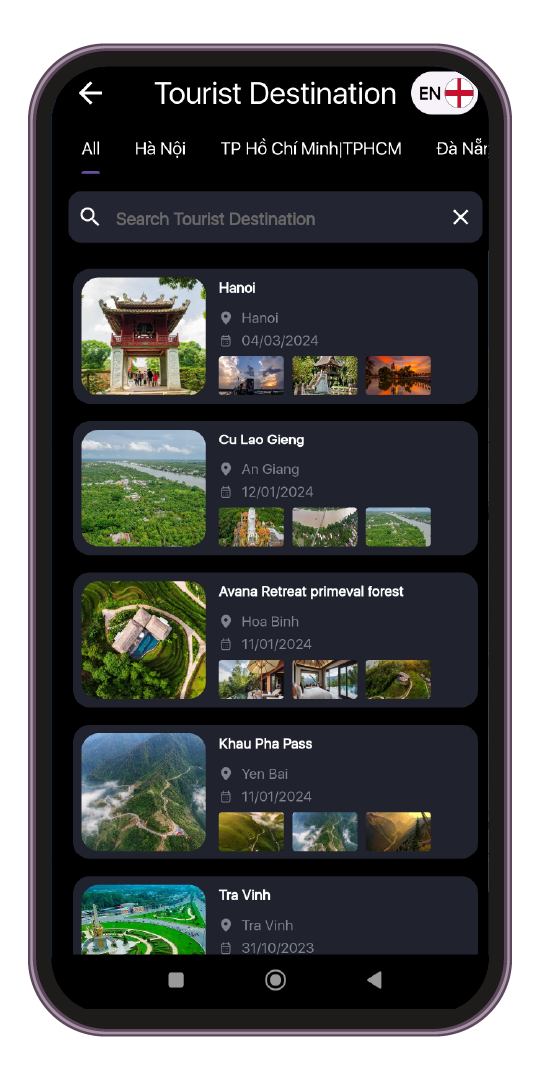Thien Mu Pagoda, also known as Linh Mu, is located on Ha Khe hill, next to the poetic and lyrical Perfume River in Kim Long ward, Hue city, Thua Thien - Hue province. The pagoda was officially established in the year Tan Suu (1601), during the reign of Lord Nguyen Hoang - the first Nguyen Lord in Dang Trong and this is also one of the oldest pagodas in the ancient capital. A symbol associated with the image of Thien Mu Pagoda is Phuoc Duyen Tower. The tower is 21m high, with seven floors, built in front of the pagoda. Each tower floor has a Buddha statue. Inside there is a spiral staircase leading to the top floor, where a golden Buddha statue used to be worshiped. In addition to Phuoc Nguyen Tower, Thien Mu Pagoda also has architectural works such as Dai Hung Palace, Dia Tang Palace, Quan Am Palace... along with stone stele and bronze bells. In addition, the pagoda is also home to many valuable historical and artistic artifacts. The Dharma Protector statues, the Ten Kings statue, the Maitreya Buddha statue, the Tam The Buddha statue... or the horizontal panels and parallel sentences here all mark the golden historical periods of Thien Mu Pagoda. Located on the banks of the romantic Perfume River, Thien Mu Pagoda with its ancient architecture has contributed to making the natural picture of this place even more charming, solemn and sacred. Under the reign of Lord Nguyen, Thien Mu Pagoda Hue went through many major renovations, of which the most prominent was the restoration under Lord Nguyen Phuc Chu (1691-1725). In addition, Nguyen Phuc Chu also had a large bell cast with a weight of more than two tons in 1710 and an inscription was engraved on the bell. In 1714, he continued to restore dozens of other buildings at the pagoda such as Thien Vuong palace, Dai Hung palace, Dharma lecture house, Tang Kinh pavilion... In particular, Lord Nguyen Phuc Chu also sent people to China to buy more 1,000 sets of Buddhist scriptures with the purpose of praising Buddhist philosophy are located in the Tang Kinh floor. In addition, the scriptures also clearly record the story of Venerable Thach Liem, who made great contributions in helping Lord Nguyen revive Buddhism in Vietnam. Dang Trong. According to legend, in the past, when Lord Nguyen was still ruling in Dang Trong, the idea of feudal etiquette "where parents put their children is where they sit" was very heavy. At that time, a couple loved each other passionately. However, the girl was a noble lady, beautiful and the daughter of a rich mandarin, while the boy was an orphan and poor. Therefore, her family strictly forbade it. Too miserable, the two went to Mu boat wharf (in front of Thien Mu pagoda) to commit suicide. Ironically, the boy died in the Perfume River, while the girl washed ashore and was saved by villagers. After that, her family took her home and forced her to marry a rich man. As time passed, she gradually forgot the memories she had with the boy from years ago, while he lay in the Perfume River, waiting for his lover but did not find one, so he resented his fate and "entered" Thien Mu Pagoda, cursing, Any couple who loves each other and comes here will have their love broken and break up. The curse has been passed down to this day, making Thien Mu Huet Pagoda more sacred and mysterious. However, a monk practicing at Thien Mu Pagoda said: "The story that people say that the pagoda carries a curse of love is not true. In ancient times, there were many trees in the temple grounds. Couples often invite each other to the temple, taking advantage of the green trees in the temple to do things that are against morality. Unable to accept that, people made up a story about a curse to keep the temple pure. Sharing the same opinion as the monk, Hue scholar Phan Thuan An shared: "Those who love each other go there and do bad things in the solemn, pure setting of the temple, which has a negative impact on the Buddha's temple. If you truly love each other and maintain your dignity in front of a dignified world, I think there will be no problem." Thus, if you go to the temple to sightsee, worship, enjoy the pure scenery, and pray for good things, it will be a welcome action, however, if you do the wrong thing, you will encounter trouble. not a "breakdown". Through this, the local people, as well as the monks in the temple, hope that Buddhists can come to the temple to do good things, not to commit acts contrary to morality and ethics.
Hue 2114 view From January to December
Ngày cập nhật : 15/03/2023


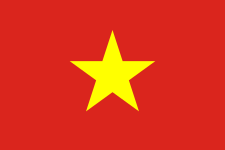 vn
vn en
en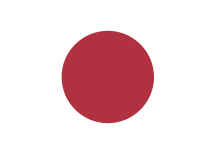 ja
ja ko
ko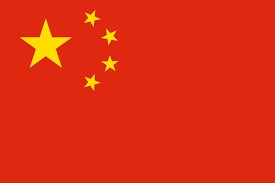 zh
zh


















